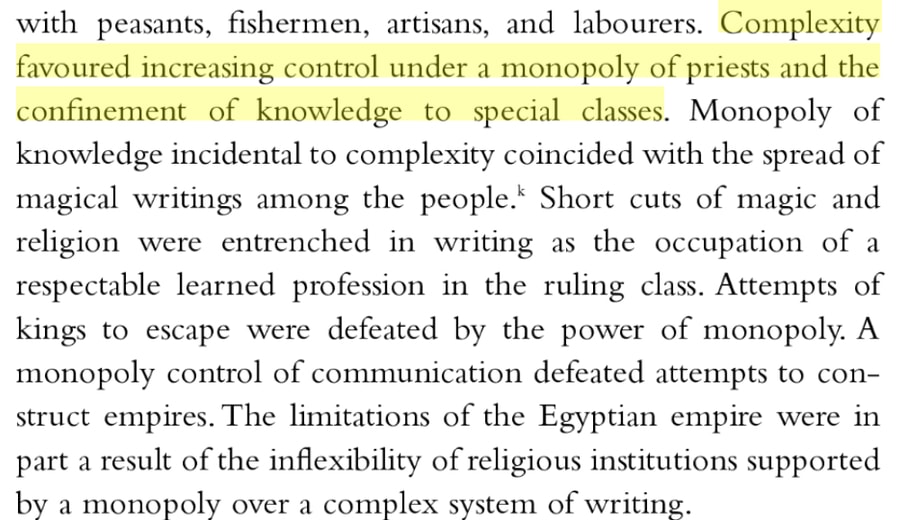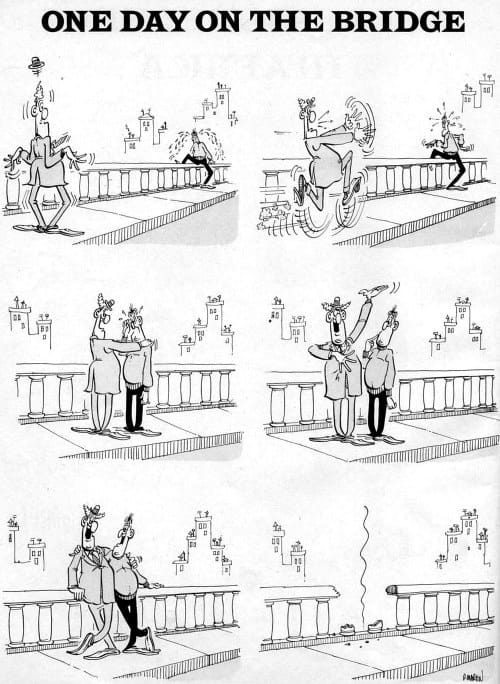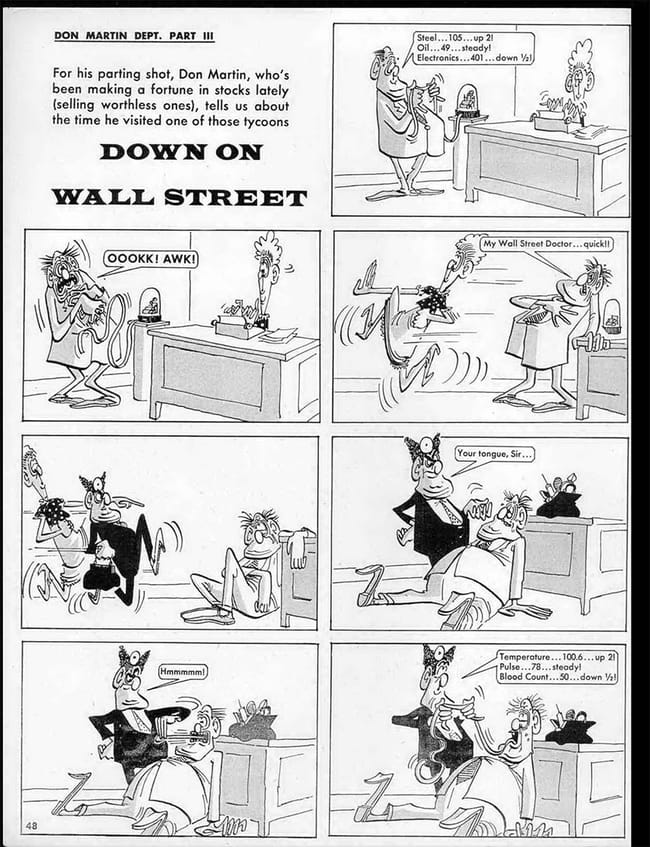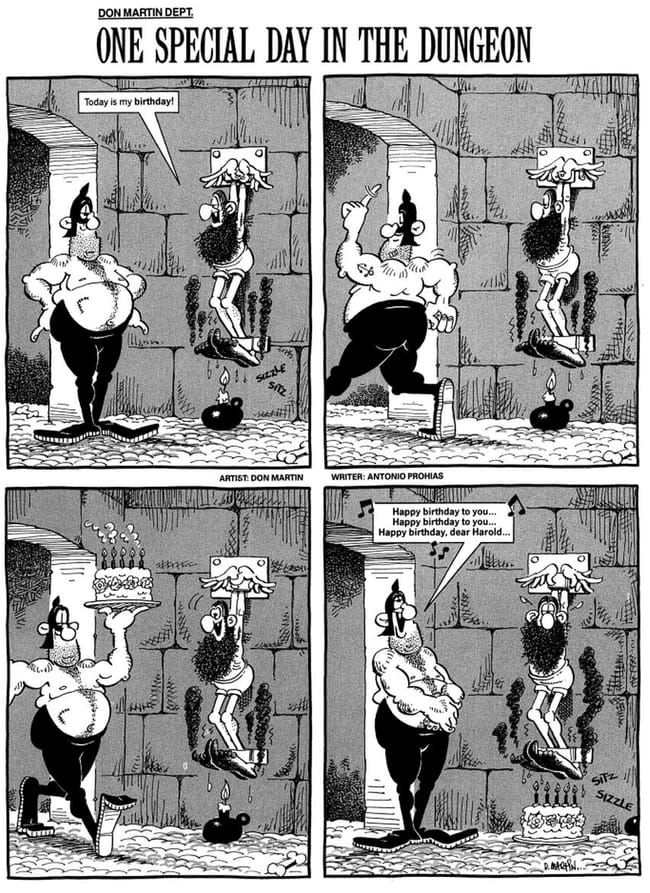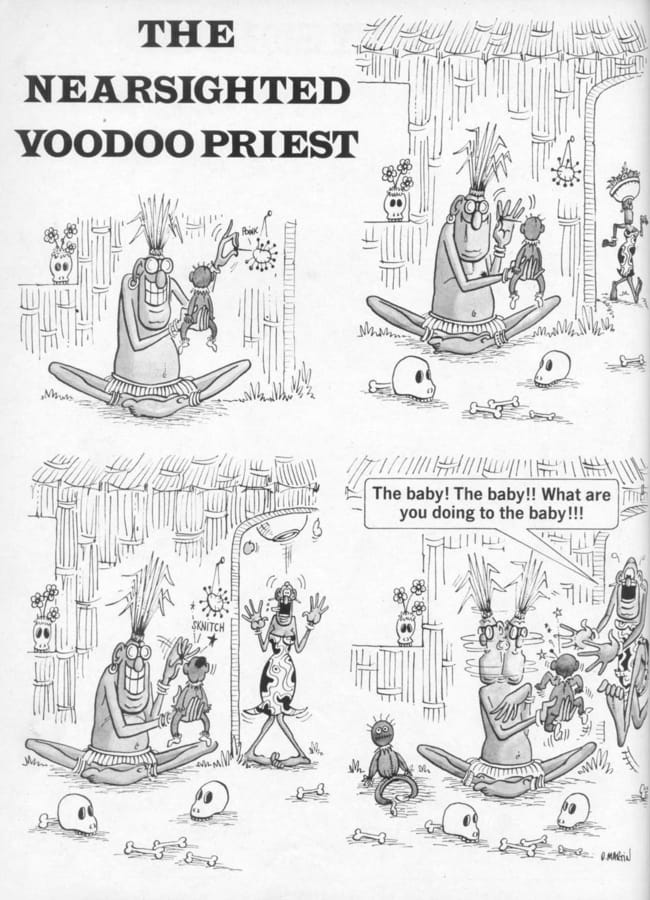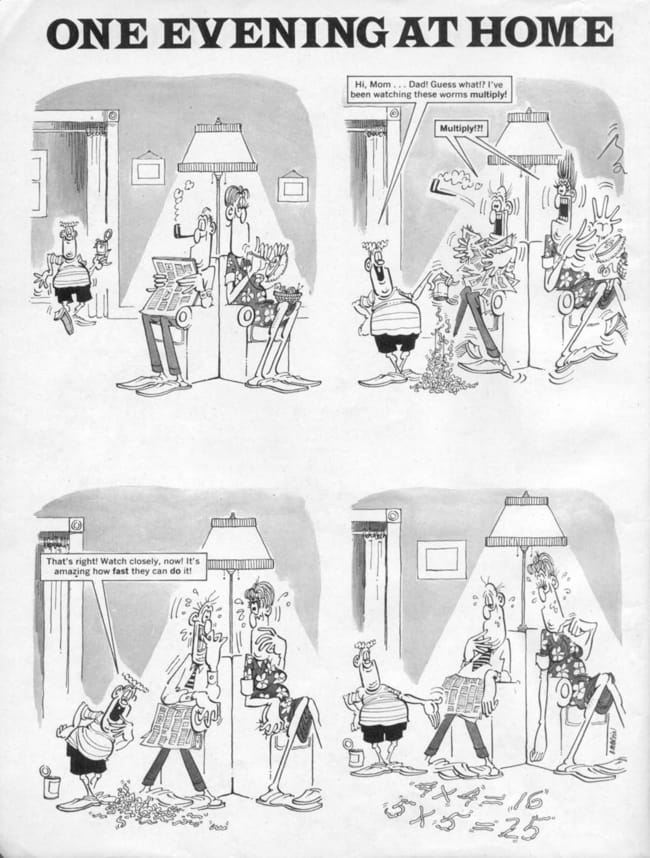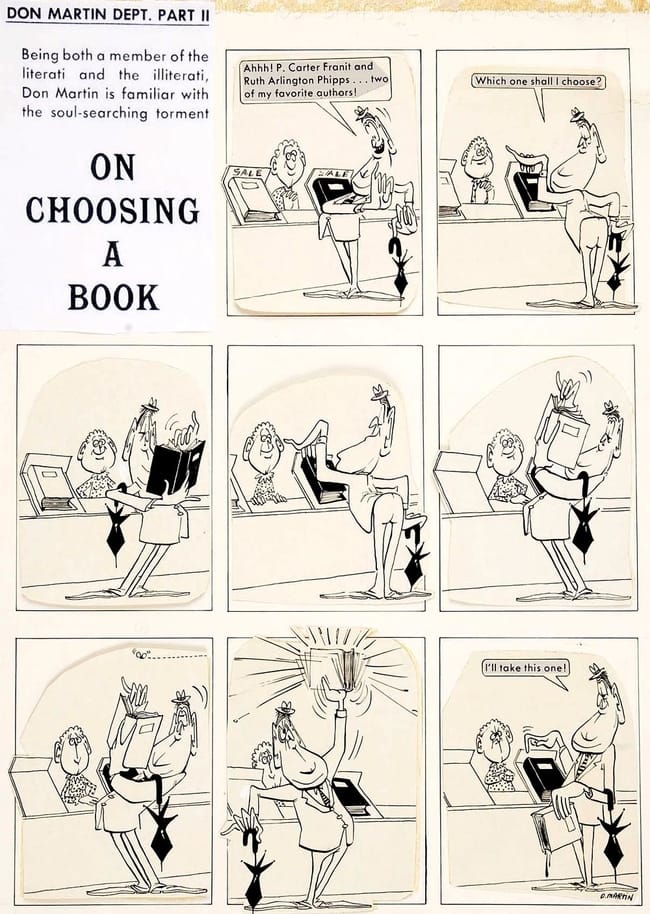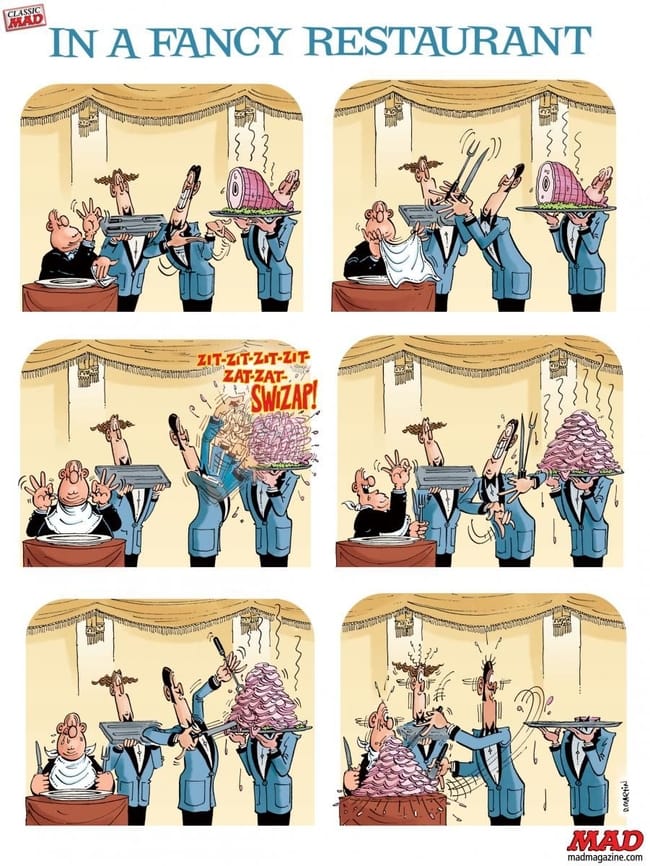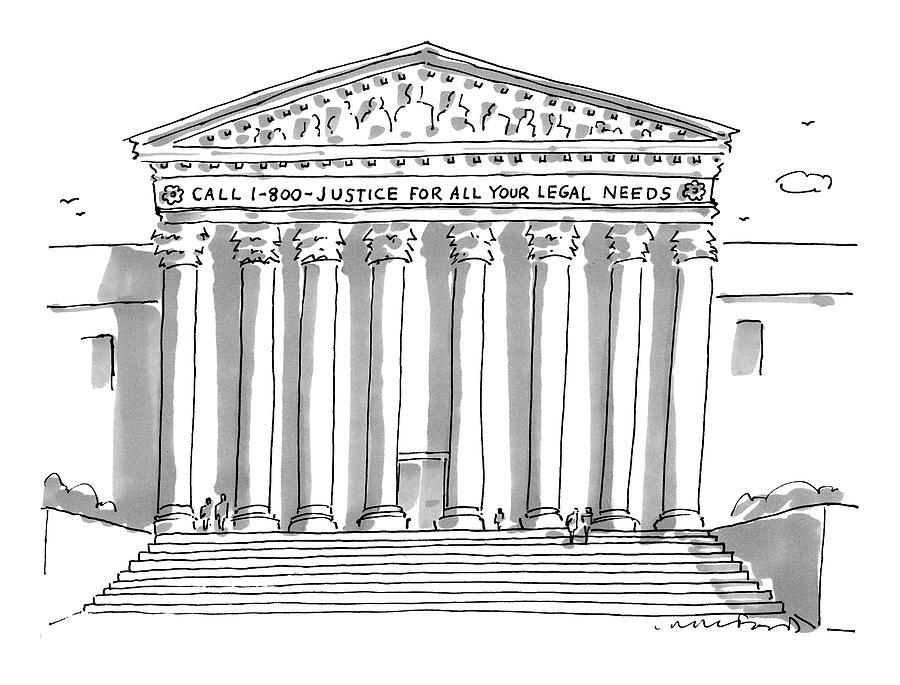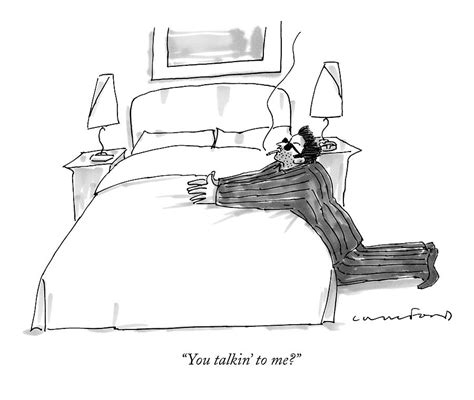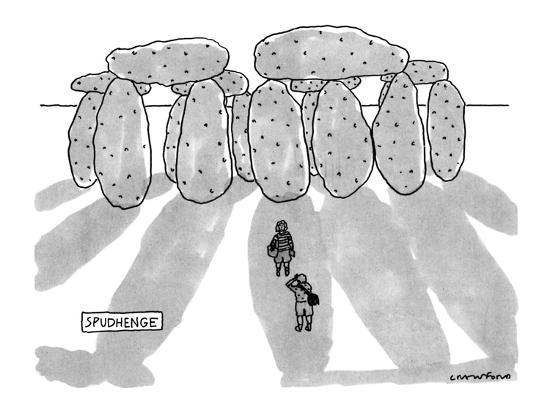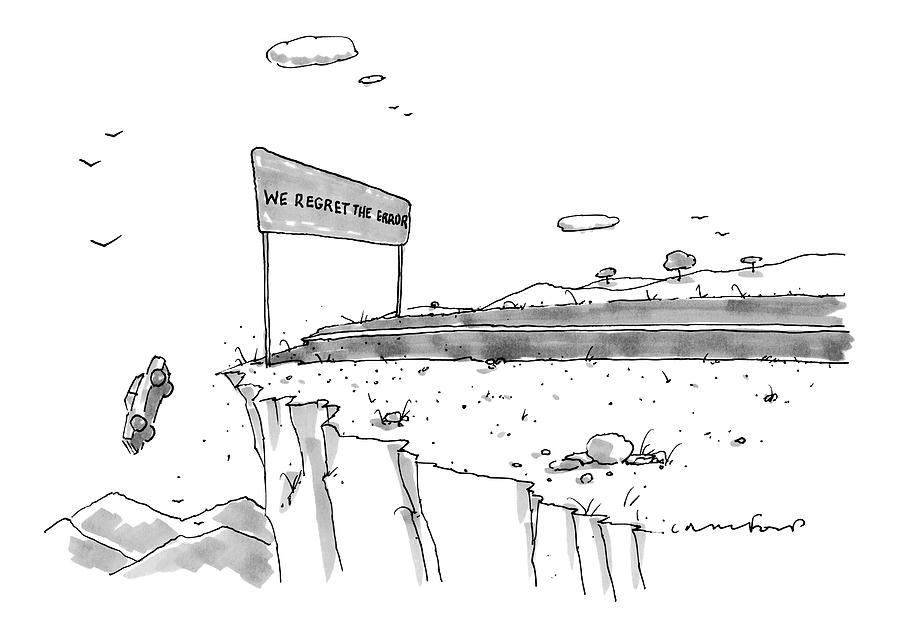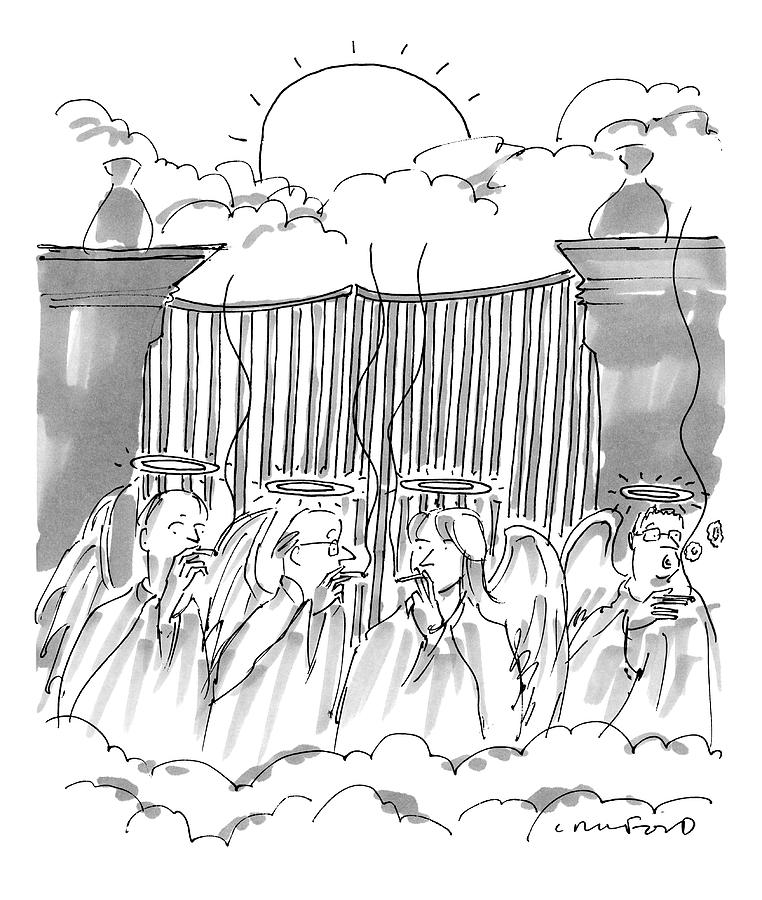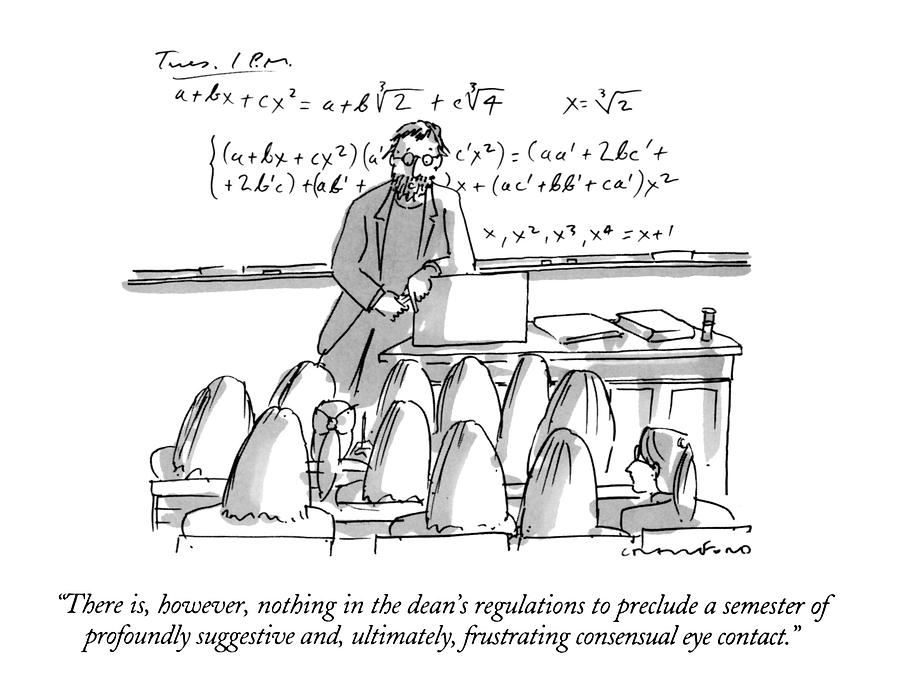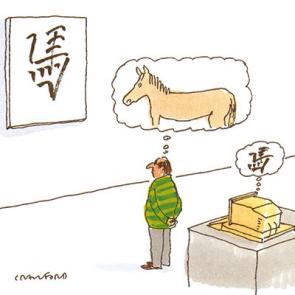-
Situation Awareness is the perception of environmental elements and events with respect to time or space, the comprehension of their meaning, and the projection of their future status.
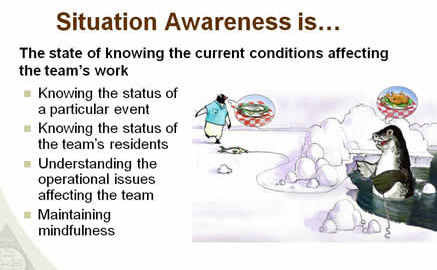
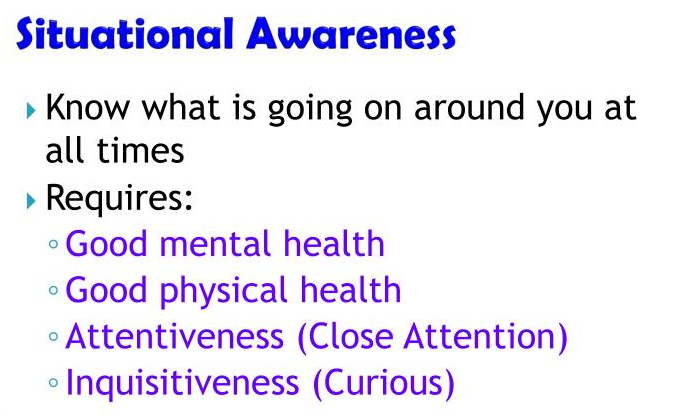
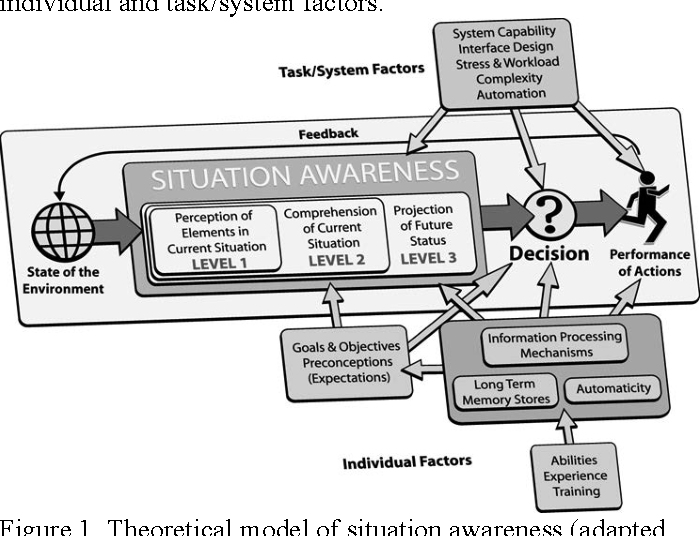
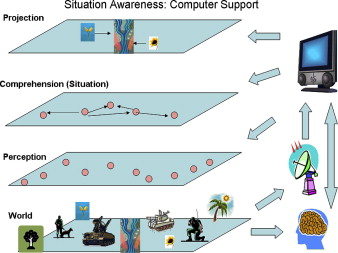
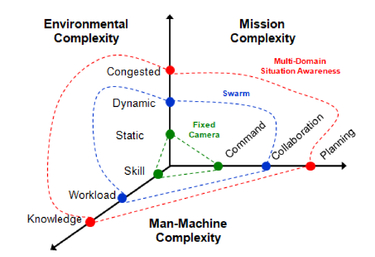
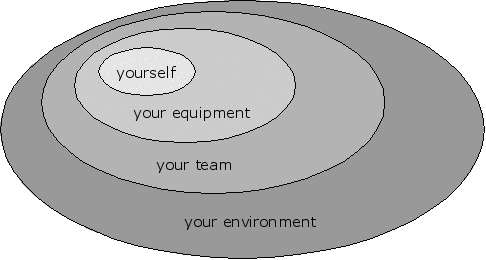
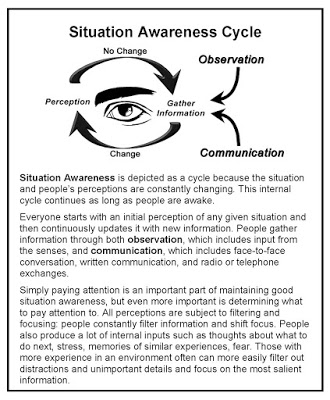
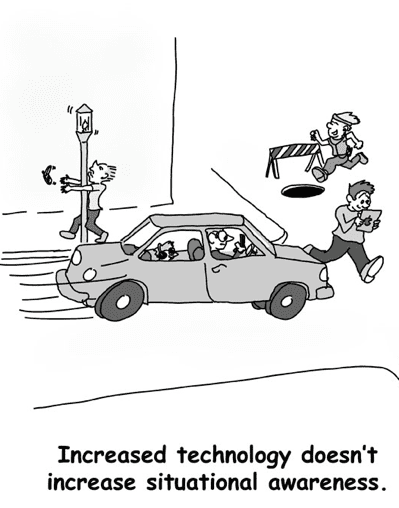

-
Retrospective Rationality
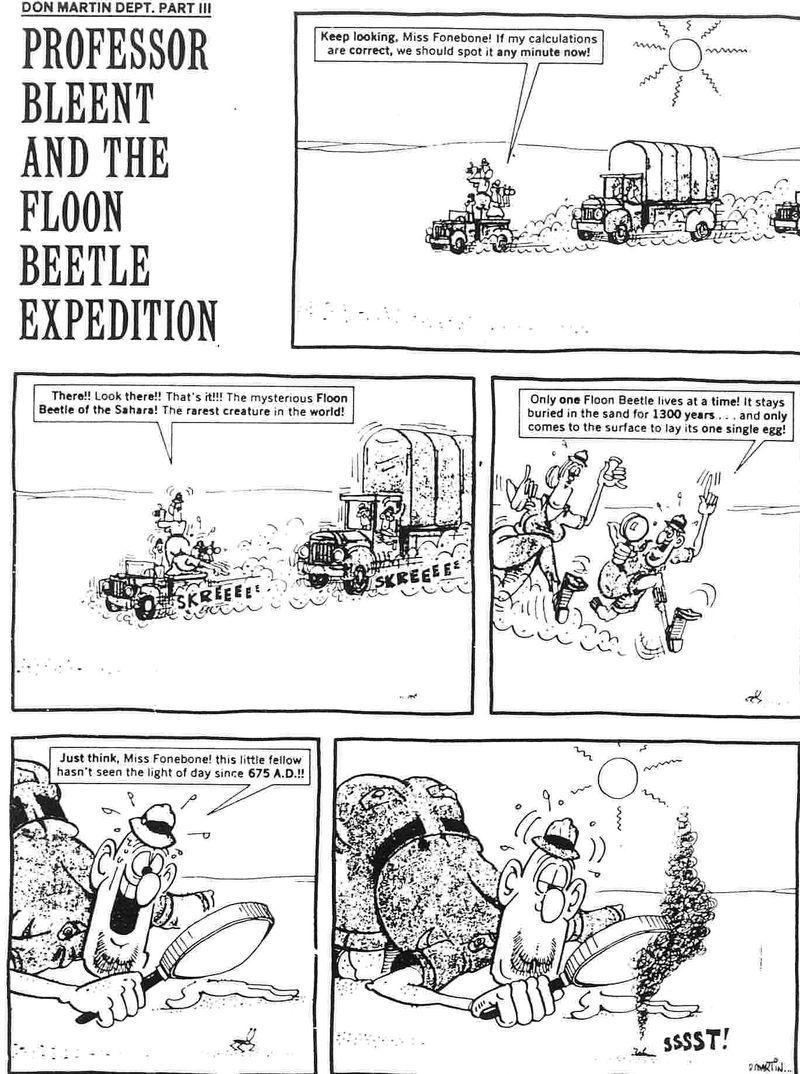
Cartoon by Don Martin Excerpt from "Karl Weick Keeps You on Your Toes" - by Jordi Comas: "Karl Weick’s work is an influential example of the open systems approach. In grad school, it was a treat to read The Social Psychology of Organizing (still in print since 1967). Not least because he points out that organizations are never stable. They are always organizing. And because he used cartoons! Like this one.
Weick also built his understanding of organizations from the cognitive, the individual, not from the structure down. What I took from our discussion was that there were two ideas Weick covers that we wanted to describe not in conceptual terms, but in empirical terms. These were retrospective rationality and enacting the environment.
Retrospective rationality is the idea that we act in a myriad of ways and then “make sense” of our actions in cognitive and linguistic terms that attempt to make them rational. This is not because humans are dumb or lazy. We act and then think because the unending flow of activity of the world demands it of us. The ways in which we act are also due to a myriad of past reasons and contingencies. In other words, there are always more reasons we have acted or that may explain are actions than we need.
There is equivocality in the world. We don’t always know why things are. Hence retrospective rationality is about reducing equivocality; reducing the welter of contradicting reasons why we may have acted or that may explain why the world of human affairs is as it is. To be adaptive to this environment, to be open, requires tolerating some messiness, some disorder. For example, in SPofO, he writes:
…the inability of organizations to tolerate equivocal processing may well be the the most important reason they have trouble. It is the unwillingness to meet equivocality in an equivocal manner that produces failure, nonadaptation, autism, isolation form reality, psychological cost, etc. It is the unwillingness to disrupt order, ironically, that makes it impossible for the organization to create order (41).
But what about examples? In his 1995 book, Sensemaking in Organizations, Weick offers tow research-based examples (29-30). One involves asking film executives about the future of the film industry after they look at financial reports for the preceding three years. Logical approach, right? As it was reported, the exercise reflected how much variation in understanding there was about what had happened in the past. Hence, any attempt to understand the present and future was beset by equivocality. Something explained past performance? But what? Consumer tastes? Directors’ abilities? Cultural zeitgeist? A second example was a control group psychology experiment (very classic in style) where people were randomly assigned to groups that would be arbitrarily assigned low or high performance status (irrespective of actual results). Those in high performance groups reported that in most areas of group function, guess what, they scored higher than low performing groups."
"Retrospective Rationality" plays an important role in "sense-making":
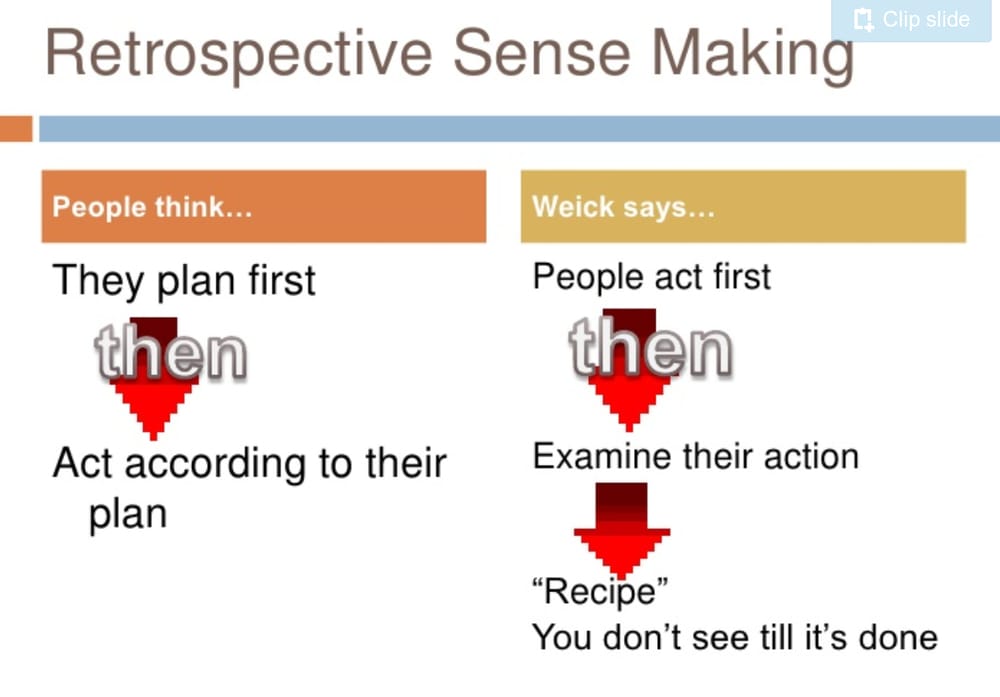
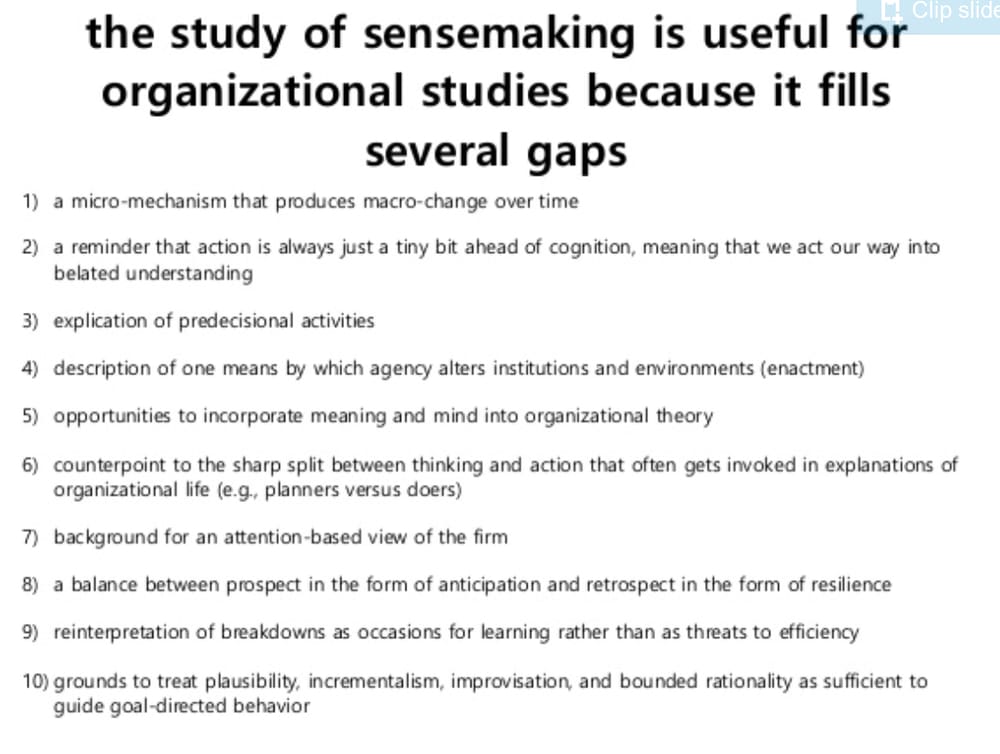
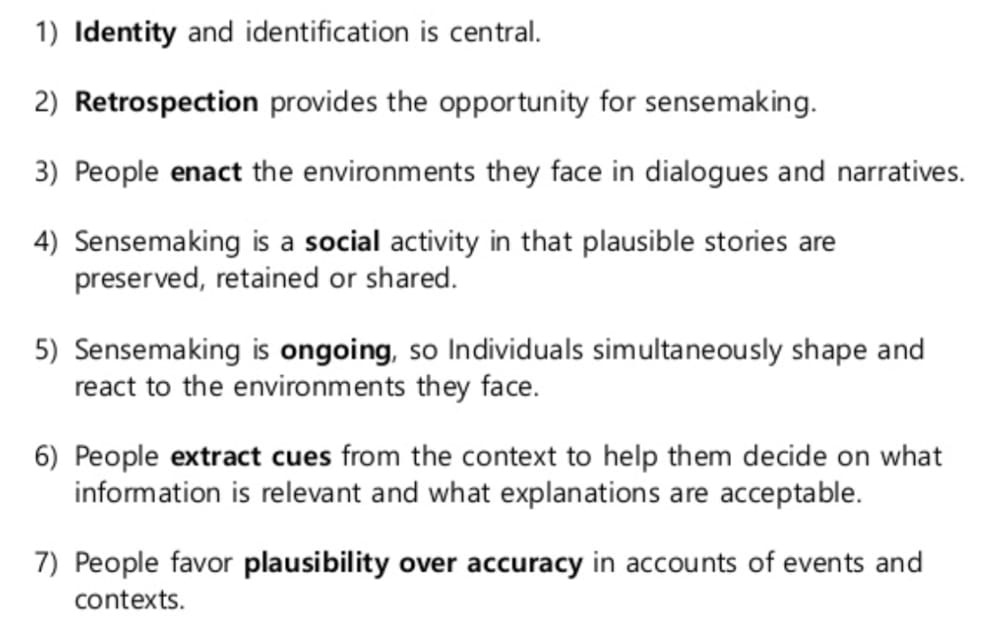

-
Basel Committee calls for 'prudential' rules for crypto as they pose risks to banks
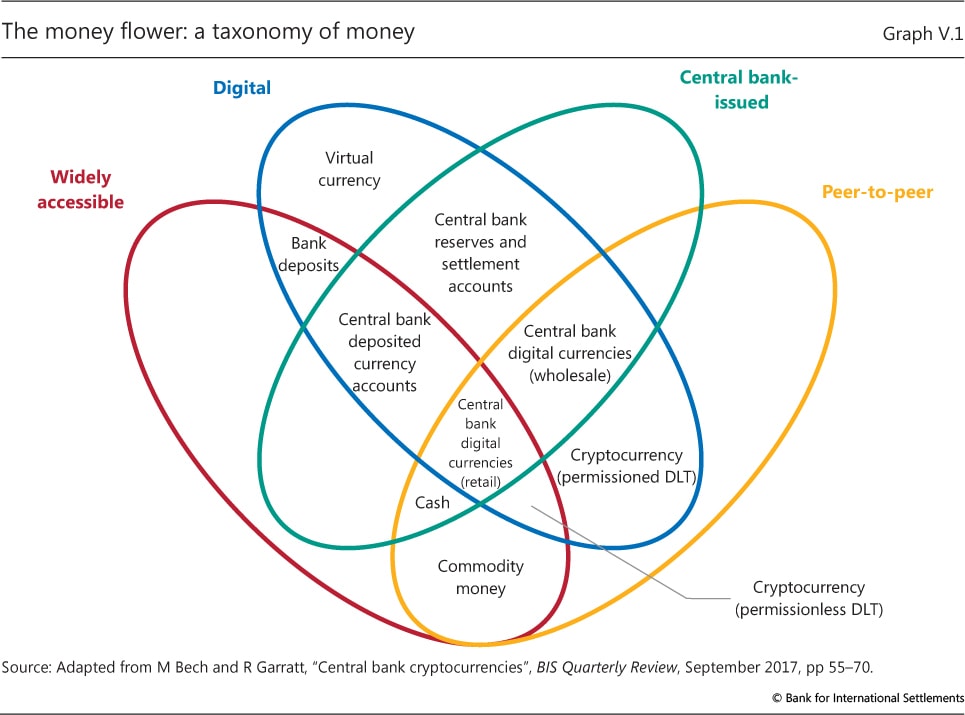
Image source:"Central bank cryptocurrencies" (BIS) The Bank for International Settlements, has published a discussion paper, saying that the growth of cryptocurrencies and related services could pose risks to financial stability and banks, and therefore, a “conservative prudential” treatment to cryptocurrency exposures should be applied.
“If banks are authorized, and decide, to acquire crypto-assets or provide related services, the Committee is of the view that they should apply a conservative prudential treatment to such exposures, especially for high-risk crypto-assets,” it said.
Related: They’ve Got a Secret - by Michael Hirsh (NYTimes, 2013).
Related: Comment by Carroll Quigley about the BIS. -
Celine's Laws - by Hagbard Celine (via)
1. National Security is the chief cause of national insecurity.
2. Accurate communication is possible only in a non-punishing situation. (related, via)
3. An honest politician is a national calamity.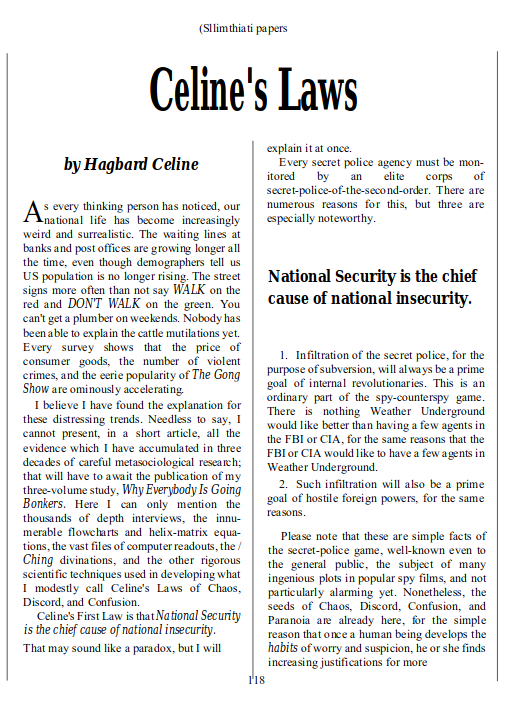
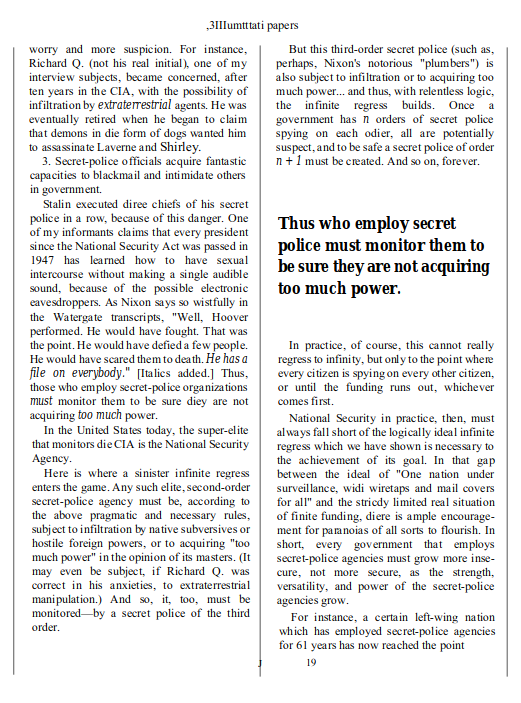
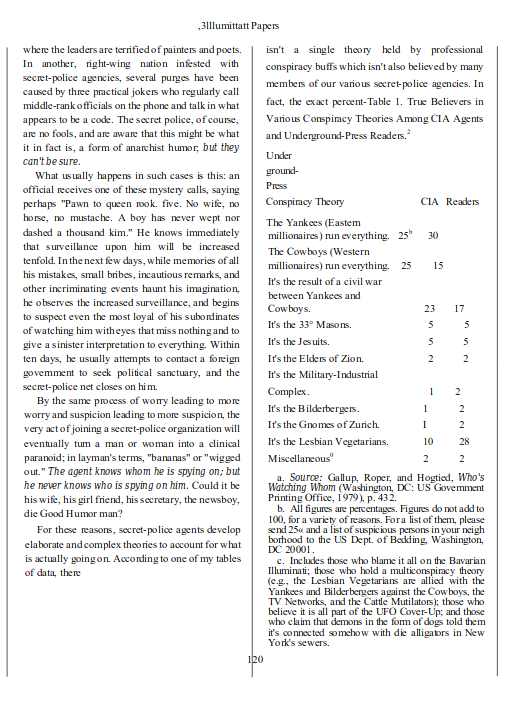
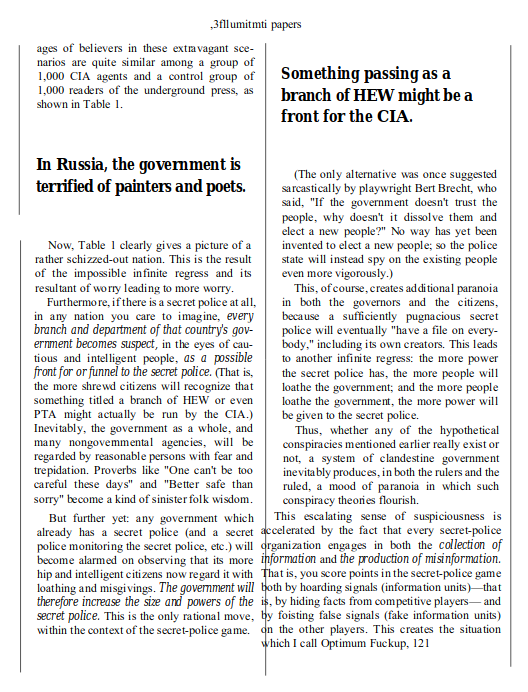
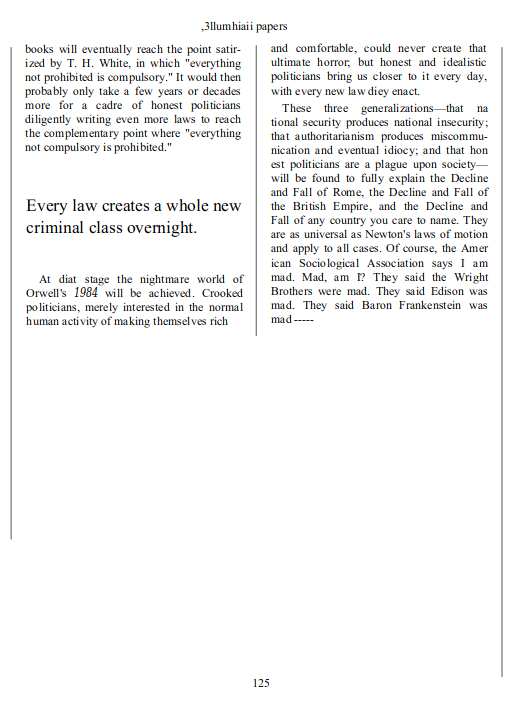
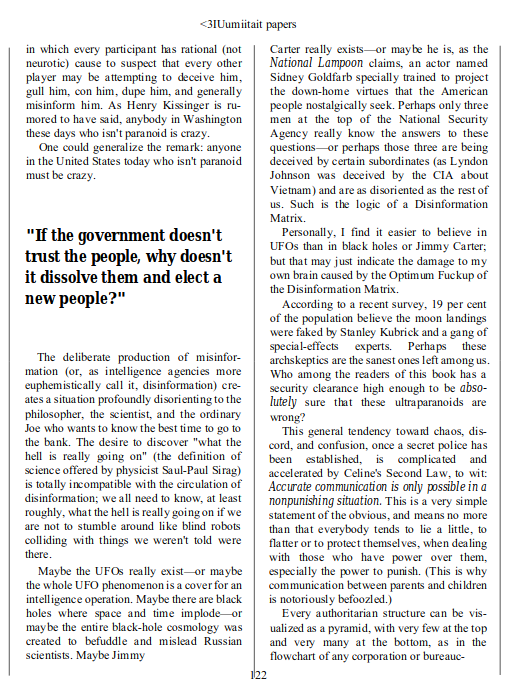
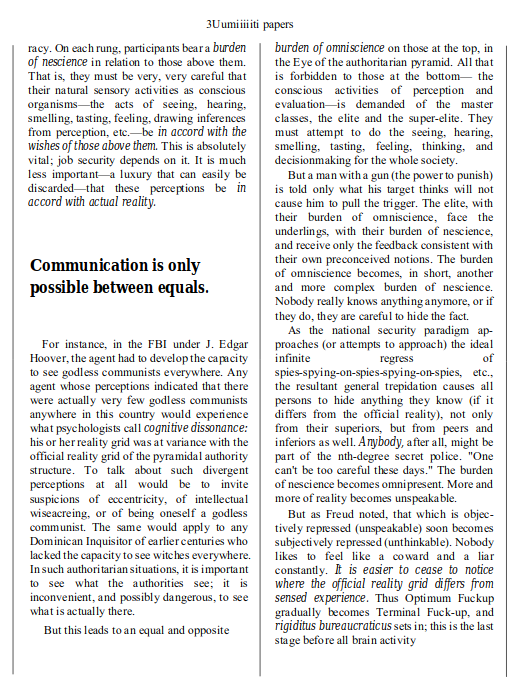
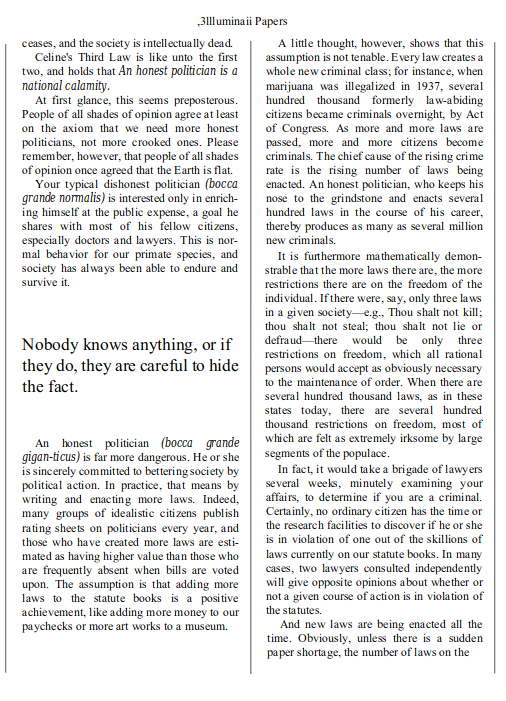
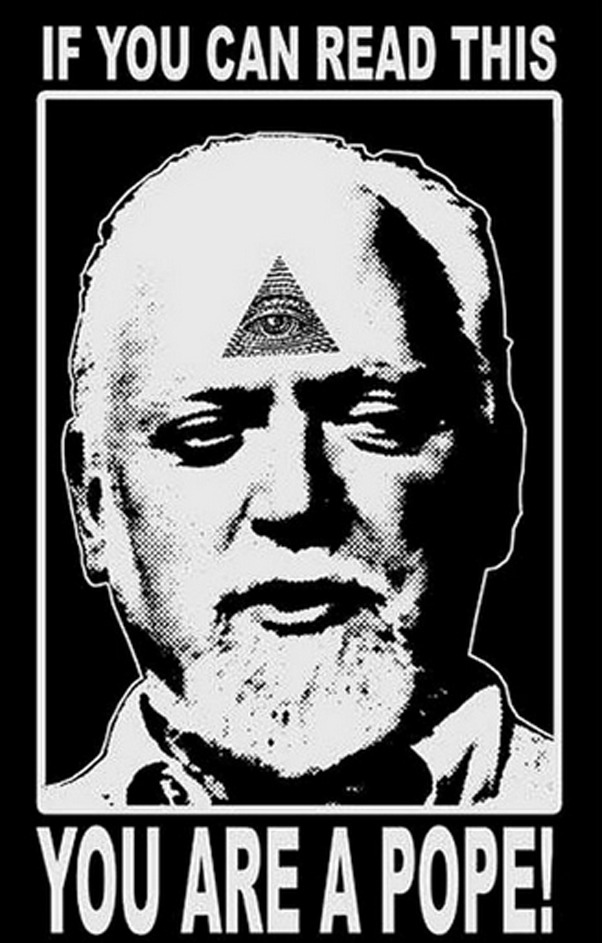
Related, from an interview with Robert Anton Wilson:
"Communication is possible only between equals. That’s the SNAFU Principle. I also call it Wilson’s Law. I hope that eventually it will get incorporated into sociology books. I really believe it. This came to me when I was working for Playboy, and realized that everything that was wrong with Playboy was due to the hierarchy there. I’d like to say that I predicted the decline and fall of the Hefner Empire, but I didn’t. I could see that communication was all screwed up because of the hierarchy, and then I thought of every other corporation I ever worked for, and armies and governments, and I realized that this is the situation in the authoritarian family, too. This is what women’s liberation is all about. Another big influence on the SNAFU Principle was Faulkner’s Go Down, Moses. There’s a great sentence in there that goes roughly, „To the sheriff, Lucas was just another nigger and both the sheriff and Lucas knew it; but only one of them knew that to Lucas the sheriff was a redneck without any reason for pride in his forbears nor hope for it in his descendents.“ And that’s what hierarchy does: it creates a situation where the person on the top doesn’t know what the person on the bottom thinks."
-

"According to Wuxing (五行) theory, the structure of the cosmos mirrors the five phases. Each phase has a complex series of associations with different aspects of nature. In the ancient Chinese form of geomancy, known as Feng Shui, practitioners all based their art and system on wuxing. All of these phases are represented within the trigrams. Associated with these phases are colors, seasons & shapes; all of which are interacting with each other." - Wikipedia
Book (PDF): Fengshui in China: Geomantic Divination between state Orthodoxy & Popular Religion (2011) - by Ole Bruun (Professor Social Sciences & Business & Prof Global Political Sociology at University of Roskilde)

Book Cover: "Fengshui in China" "For well over a century, Chinese fengshui, or "geomancy," has interested Western laymen and scholars. Today, hundreds of popular manuals claim to use its principles in their advice on how people can increase their wealth, happiness, longevity, and so on. This study is quite different, approaching fengshui from an academic angle. The focus is on its significance in China, but the recent history of its reinterpretation in the West is also depicted. The author argues that fengshui serves as an alternative tradition of cosmological knowledge, which is used to explain a range of everyday occurrences in rural areas, such as disease, mental disorders, accidents, and common mischief. The study includes a historical account of fengshui over the last 150 years augmented by the results of anthropological fieldwork on contemporary practices in two Chinese rural areas."
-
"Chinese and Western Thought — Knowing the Differences Helps". For a less comically perspective of contemporary Chinese thought (and its relation to the west), some random links:
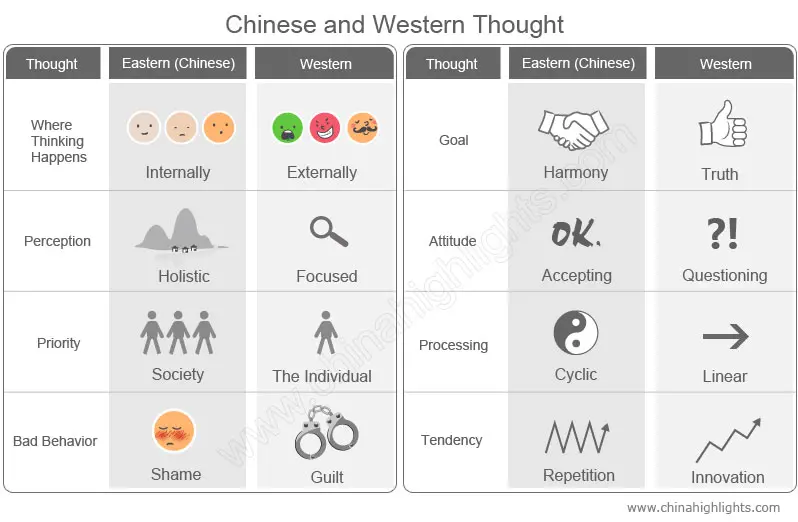
- Chinese philosophy (wikipedia)
- Modern Chinese Philosophy - 1901-1949
- Contemporary Chinese Philosophy (book)
- 21st-century Chinese philosophers
- Theory of the Unity of Knowing & Doing in Chinese Philosophical History -by Fang Keli
- Specters of Communism-Imagining ‘Soviet’ for the 21st Century?“ by Zhiyuan Cui
- China “Asleep” and “Awakening.” A Study in Conceptualizing Asymmetry and Coping with It.
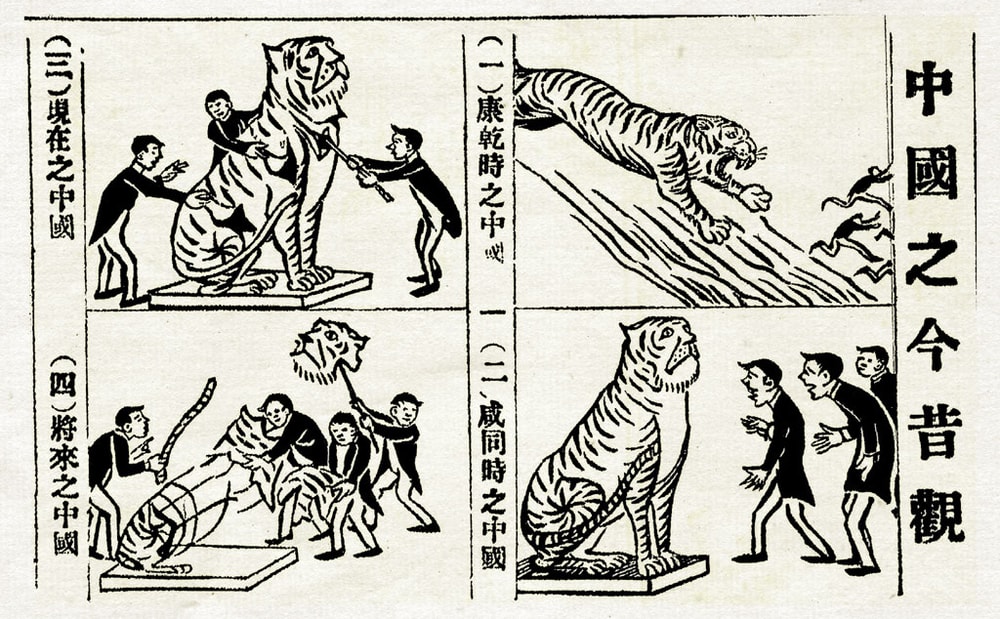
Fig. A Look at China Now and in the Past, Shenzhou ribao 神州日報, March 5, 1911. (via) -
Quotes from Carroll Quigley's (1910 - 1977) book "Tragedy and Hope" (1966):
"It is clear that the West believes in diversity rather than in uniformity, in pluralism rather than in monism or dualism, in inclusion rather than exclusion, in liberty rather than in authority, in truth rather than in power, in conversion rather than in annihilation, in the individual rather than in the organization, in reconciliation rather than in triumph, in heterogeneity rather than in homogeneity, in relativism rather than in absolutes, and in approximations rather than in final answers." - Pg. 1227 of Tragedy and Hope

Impaled Classical Sculptures by Artist Bai Yiluo "The powers of financial capitalism had another far-reaching aim, nothing less than to create a world system of financial control in private hands able to dominate the political system of each country and the economy of the world as a whole.
This system was to be controlled in a feudalist fashion by the central banks of the world acting in concert, by secret agreements arrived at in frequent private meetings and conferences.
The apex of the system was to be the Bank for International Settlements in Basle, Switzerland, a private bank owned and controlled by the world’s central banks which were themselves private corporations.
Each central bank, in the hands of men like Montagu Norman of the Bank of England, Benjamin Strong of the New York Federal Reserve Bank, Charles Rist of the Bank of France, and Hjalmar Schacht of the Reichsbank, sought to dominate its government by its ability to control Treasury loans, to manipulate foreign exchanges, to influence the level of economic activity in the country, and to influence cooperative politicians by subsequent economic rewards in the business world." - Pg. 324 of Tragedy and Hope

Impaled Classical Sculptures by Artist Bai Yiluo “There does exist an international Anglophile network which we may identify as the Round Table Groups. I know of the operations of this network because I have studied it for twenty years and was permitted for two years, in the early 1960’s, to examine its papers and secret records. I have no aversion to it or to most of its aims and have, for much of my life, been close to it and to many of its instruments. I have objected to a few of its policies but in general my chief difference of opinion is that it wishes to remain unknown, and I believe its role in history is significant enough to be known.” - Pg. 950 of Tragedy and Hope
-
Interesting read about Donald O. Hebb (1904 - 1985) - famous Canadian psychologist known for his theory of Hebbian learning, the father of neuropsychology and neural networks - and his involvement with CIA interrogation techniques, including sensory deprivation:

2008 BBC reenactment of Donald Hebb's experiments "In classified experiments, Donald Hebb found that he could induce a state akin to drug-induced hallucinations and psychosis in just 48 hours – without drugs, hypnosis, or electric shock. Instead, for two days student volunteers at McGill University simply sat in a comfortable cubicle deprived of sensory stimulation by goggles, gloves, and earmuffs. “It scared the hell out of us,” Hebb said later, “to see how completely dependent the mind is on a close connection with the ordinary sensory environment, and how disorganizing to be cut off from that support.”"
Related:
- What Extreme Isolation Does to Your Mind - by Motherjones
- CIA’s psychological torture is rooted in experiments at Dachau - by The Alliance For Human Research Protection
- Alfred Mccoy, Hebb, the CIA and Torture - by Richard E. Brown (Journal of the History of the Behavioral Sciences, 2007)
-
Excerpt from "The Illuminati Papers" - by Robert Anton Wilson (1977)
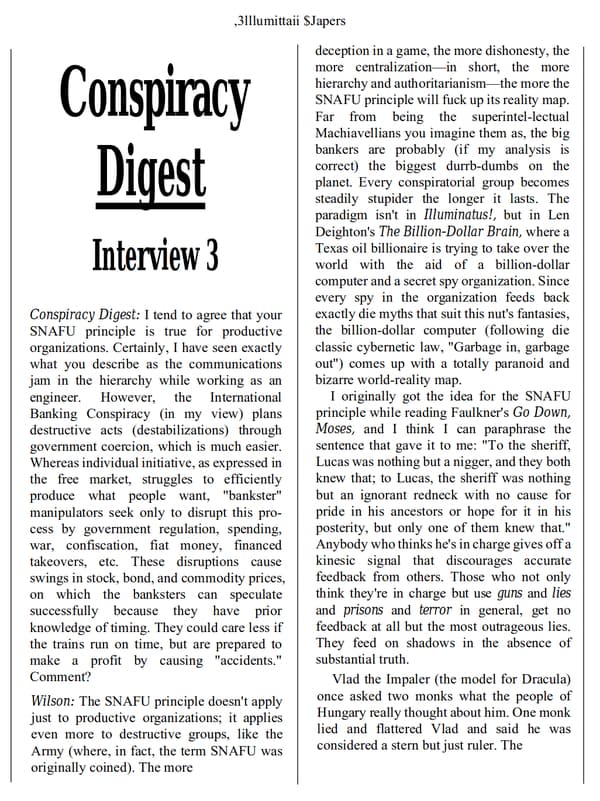
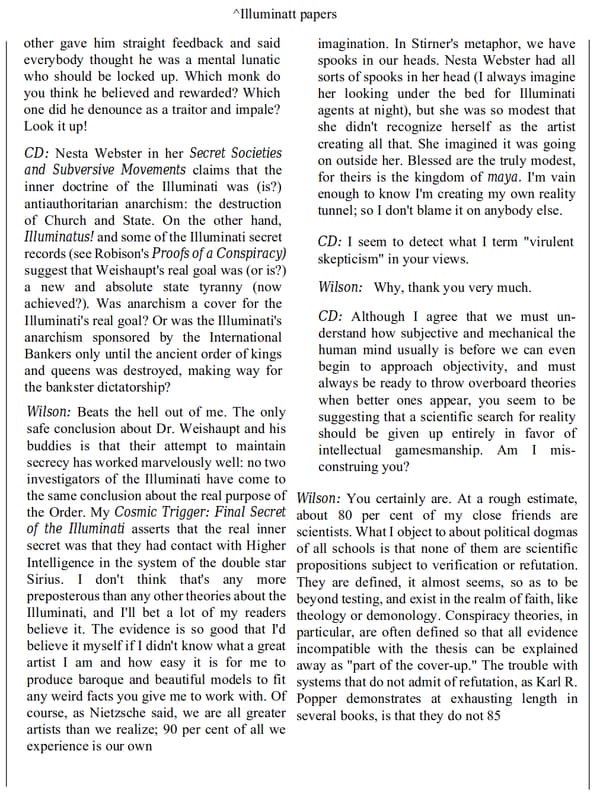
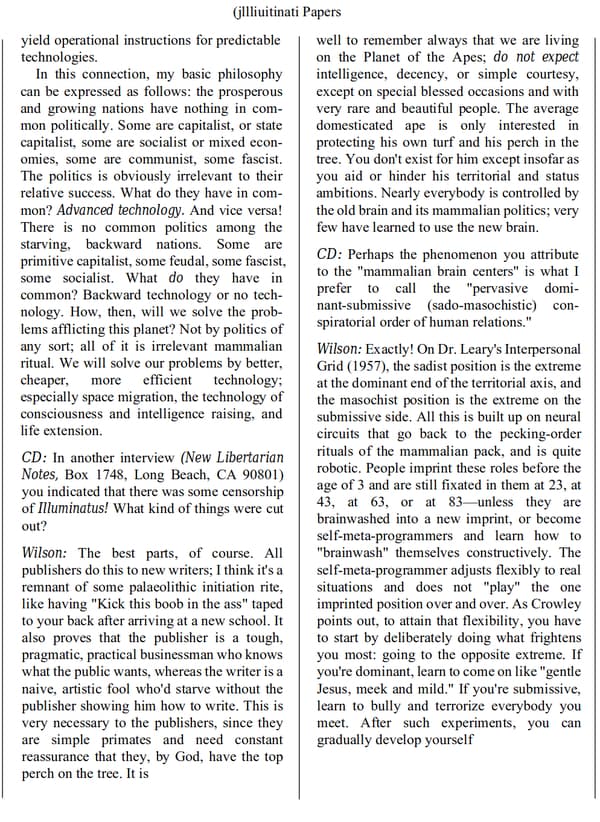
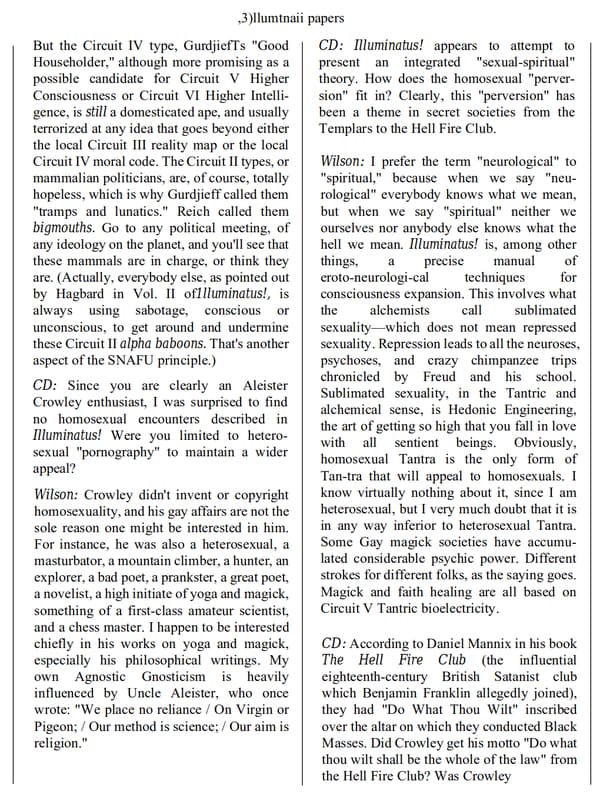
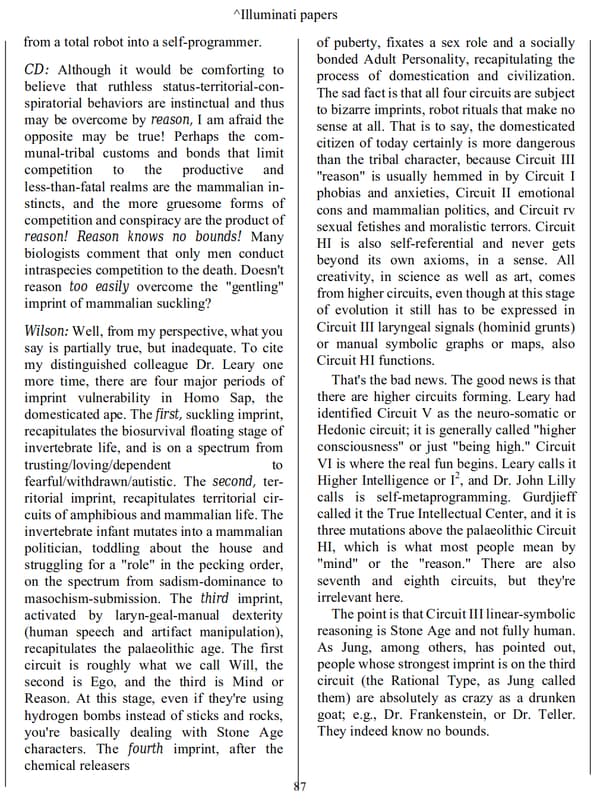
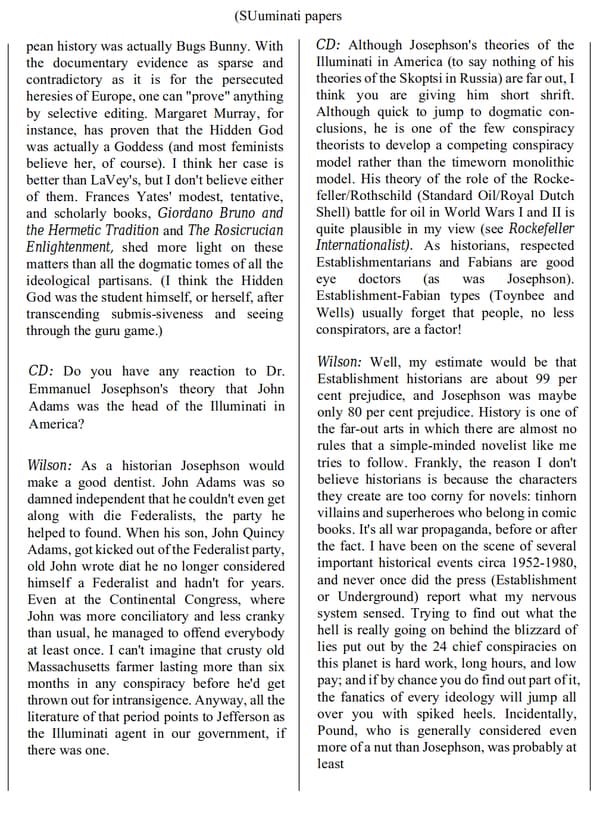
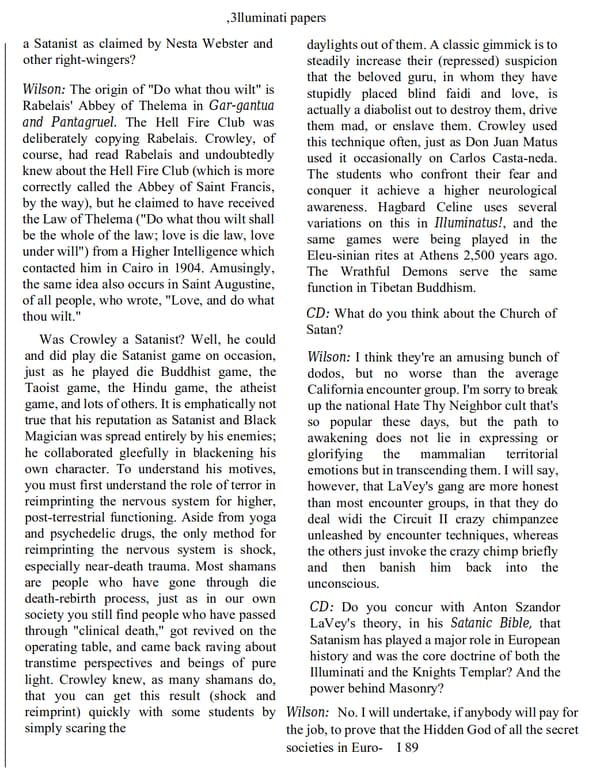
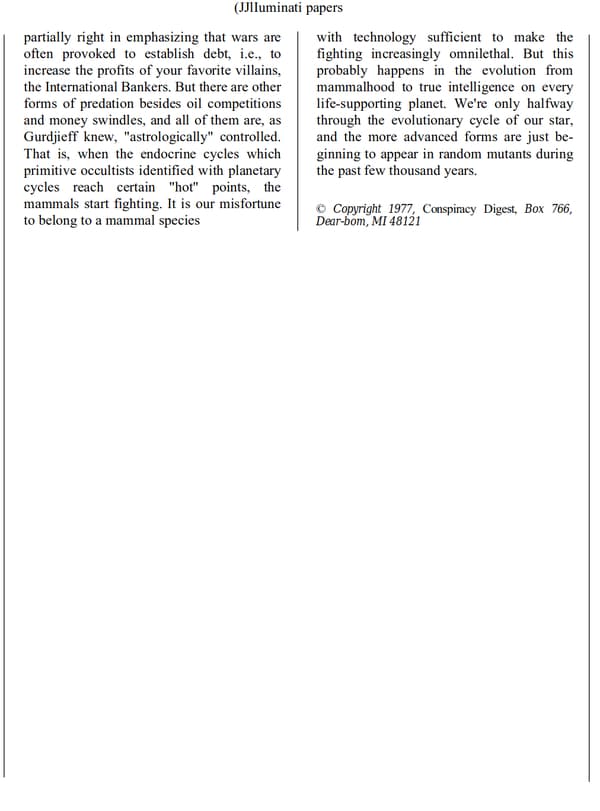
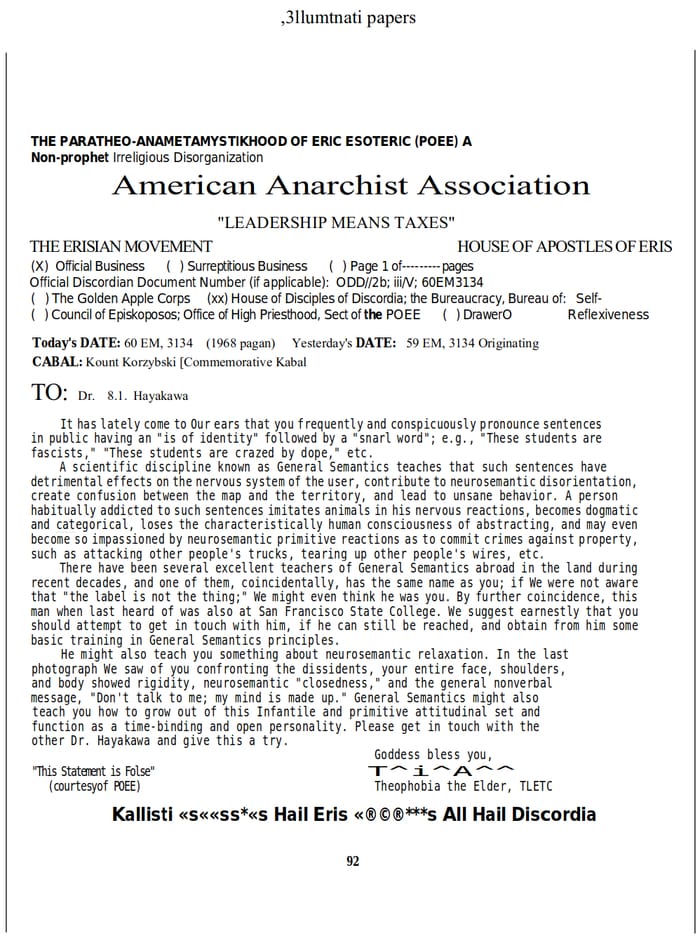
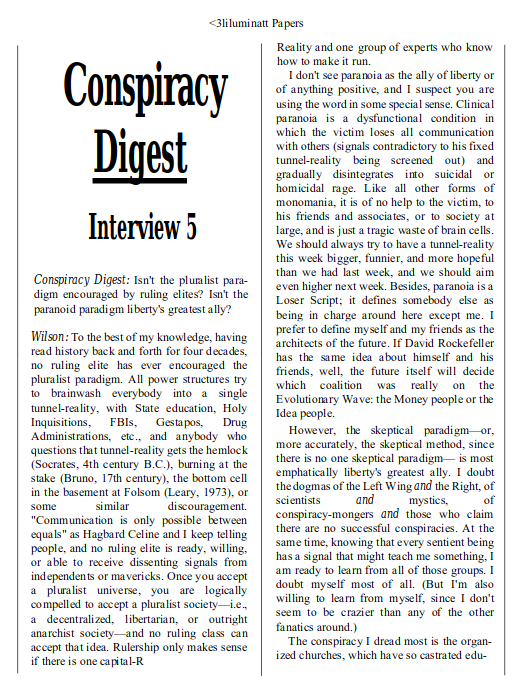
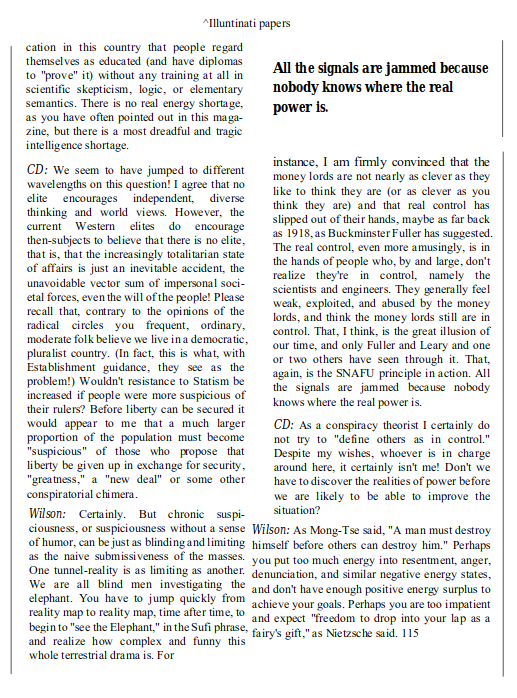
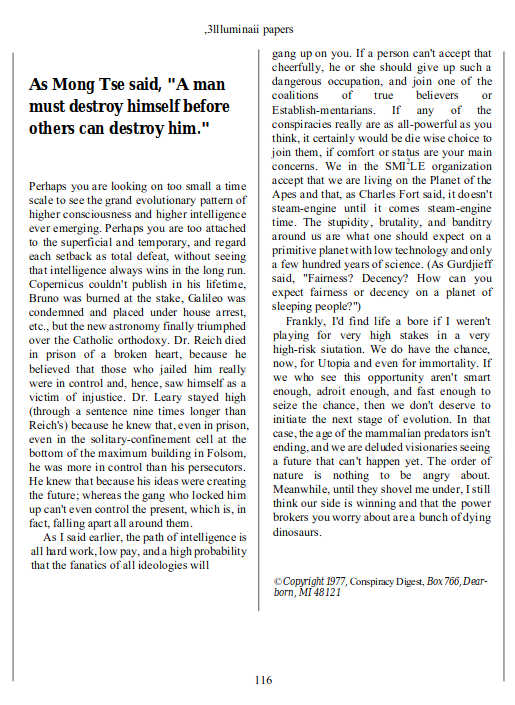
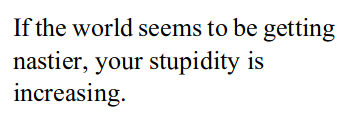
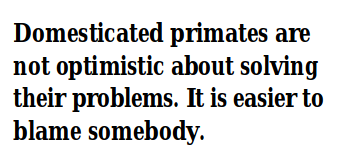

#Cryptocracy #Comedy #Politics #Military #Magic #Psychedelic #fnord
-
Affordance is what the environment offers the individual. James J. Gibson, coined the term in his 1966 book, The Senses Considered as Perceptual Systems.
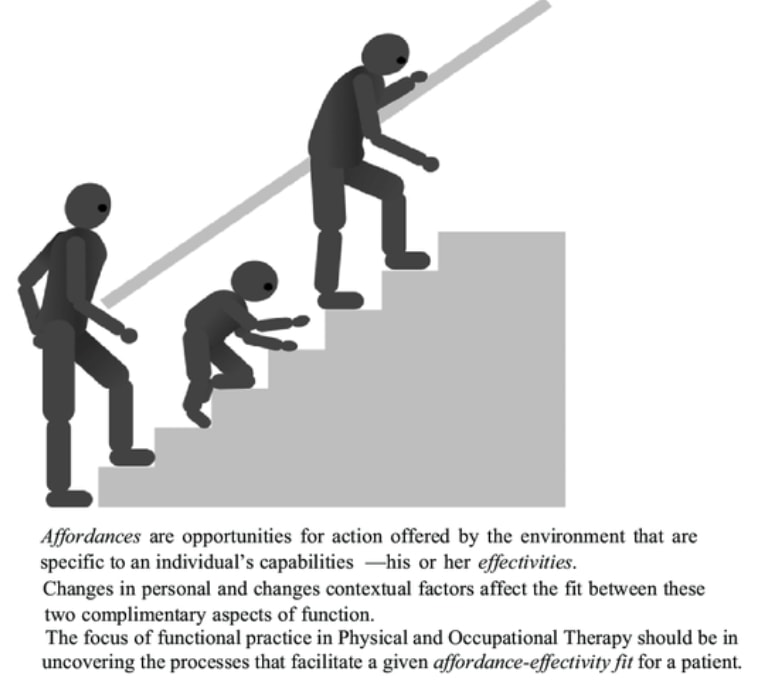
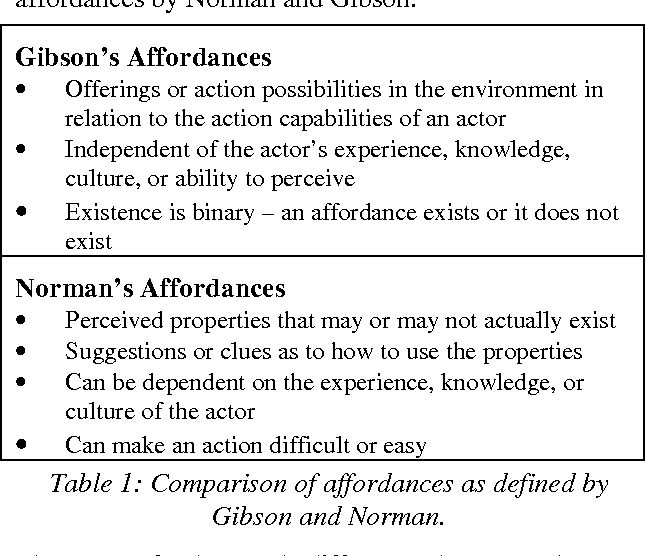
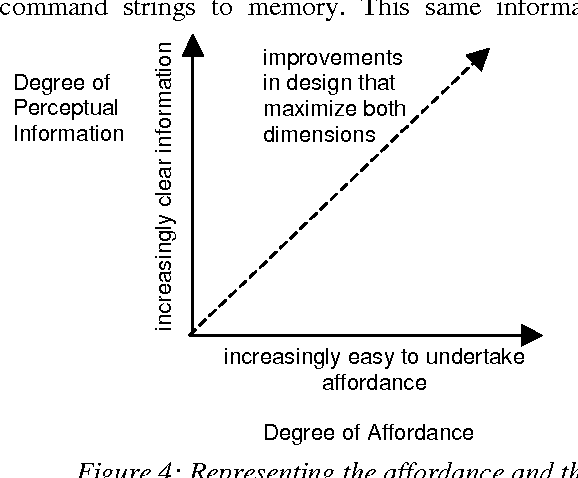
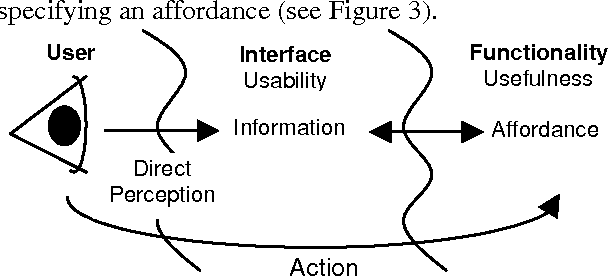
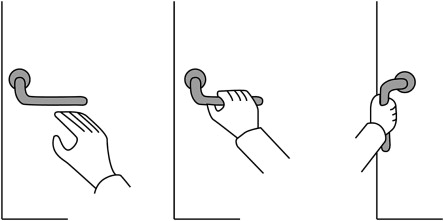

Images from Affordances: Clarifying and Evolving a Concept - by Joanna McGrenere (2000)
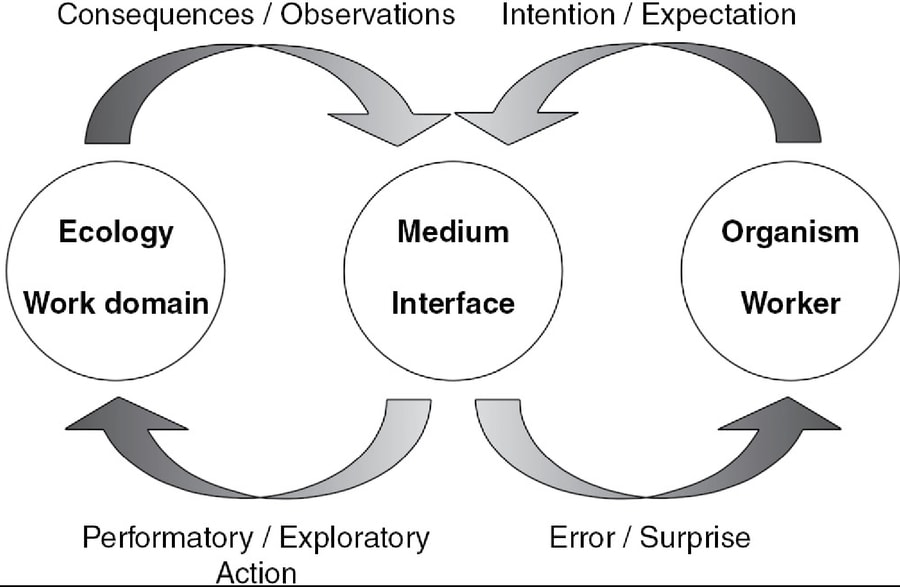
Eleanor (1910–2002) & James J. Gibson (1904–1979) were American psychologists who coined & expanded research on an ‘ecological approach’ to perceptual psychology. They positioned perception as shaped by environment & the way the observer reacts & interacts with it: Stimuli that prompt visual & sensory impressions were locally observed & directly perceived, rather than through neural or cognitive systems that involved evaluation and analysis.
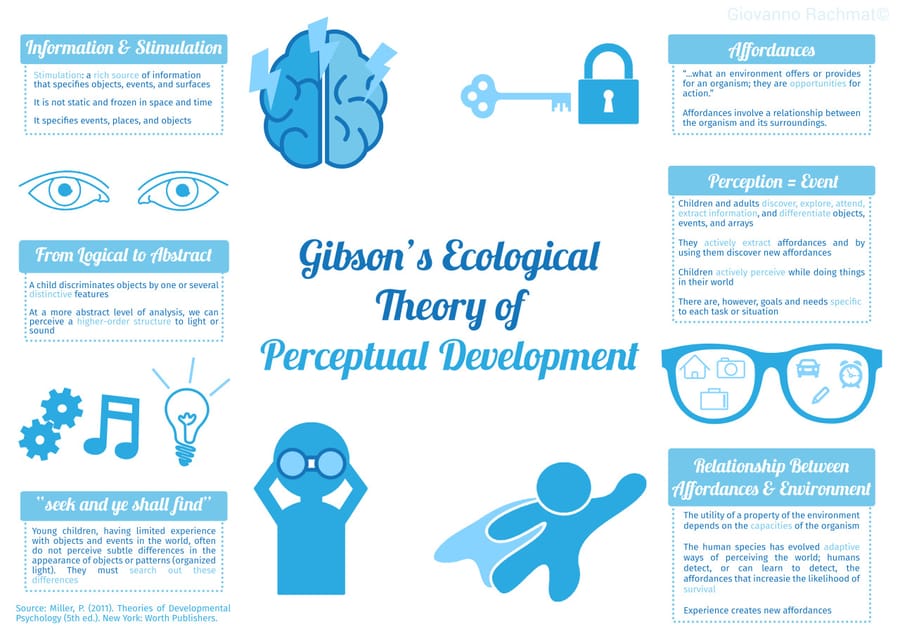
Gibsonian ecological theory of development: "Gibson emphasized the importance of environment and context in learning and, together with husband and fellow psychologist James J. Gibson, argued that perception was crucial as it allowed humans to adapt to their environments. Gibson stated that "children learn to detect information that specifies objects, events, and layouts in the world that they can use for their daily activities". Thus, humans learn out of necessity. Children are information "hunter-gatherers", gathering information in order to survive and navigate in the world."
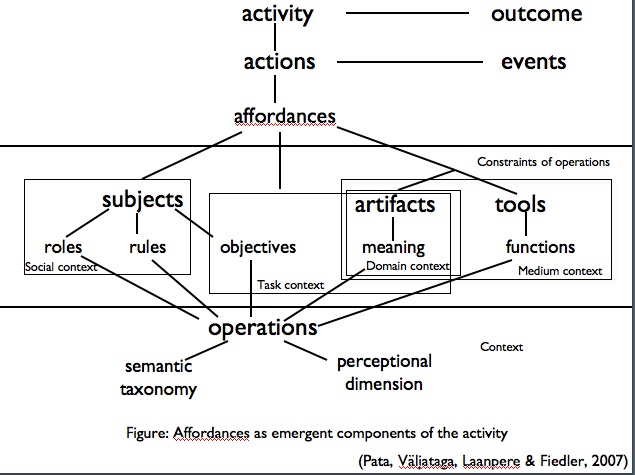
Related posts by Kai Pata
- About affordances again
- How are affordances dynamic?
- Two Theories of Perception and affordances
- Interactivity and affordances in digital ecosystems
The following from the book "Understanding Context" - by Andrew Hinton: Chapter 4 - Perception, Cognition, and Affordance:
"In the Universe, there are things that are known, and things that are unknown, and in between there are doors." —WILLIAM BLAKE
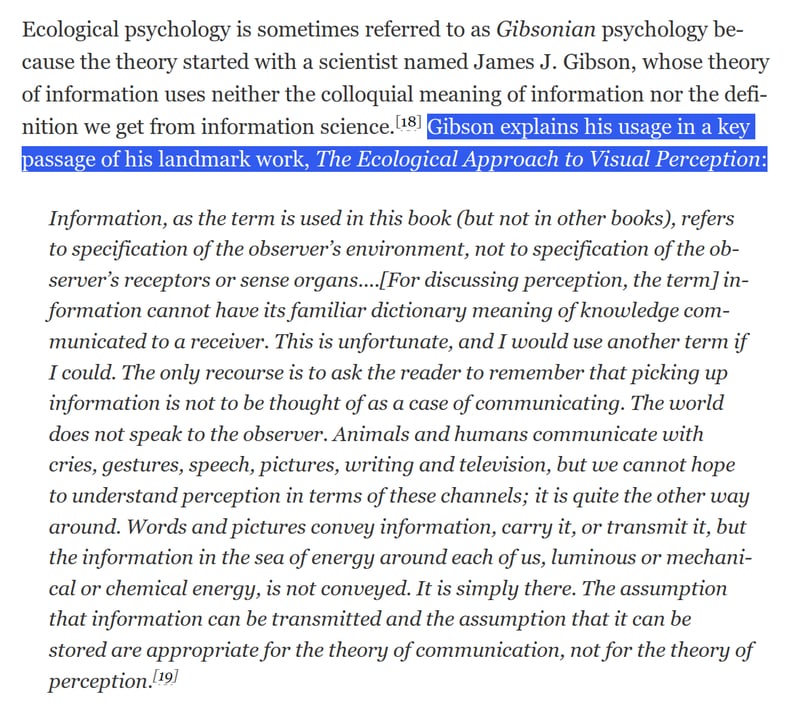
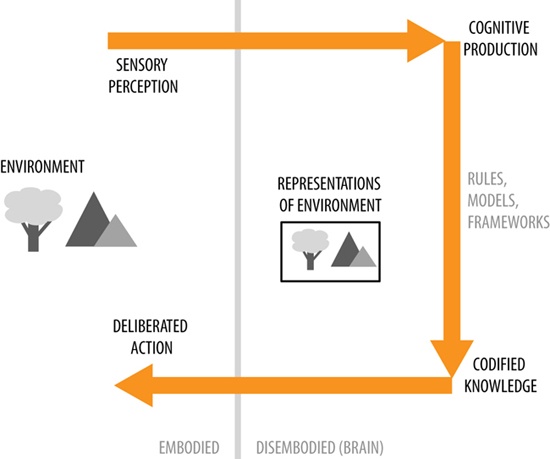
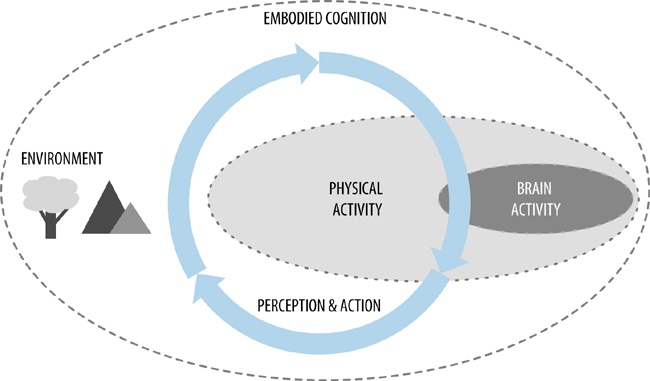
The following from the review of the book "Action in perception, by Alva Noë" - by Patrick Mineault:
The author goes on to discuss some of the more radical aspects of Gibson’s ideas on the ecological approach to vision: “He [Gibson] argued that just as there is a fit between an animal and the environmental niche it occupies, thanks to the coevolution of animal and niche, so there is a tight perceptual attunement between animal and niche. Because of this attunement, animals are directly sensitive to the features of the world that afford the animal opportunities for action (What Gibson calls affordances).”
- About affordances again
-
"Connecting with Specific Publics: Treating Communication Communicatively" - talk by Brenda Dervin, professor at The Ohio State University's School of Communications (2011)
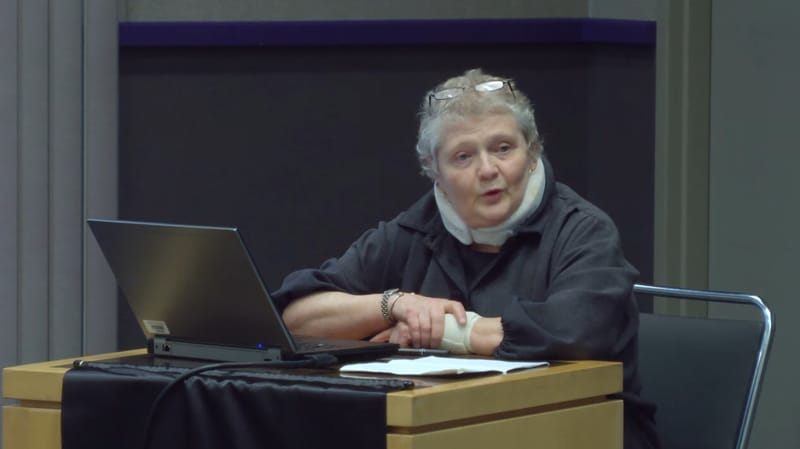
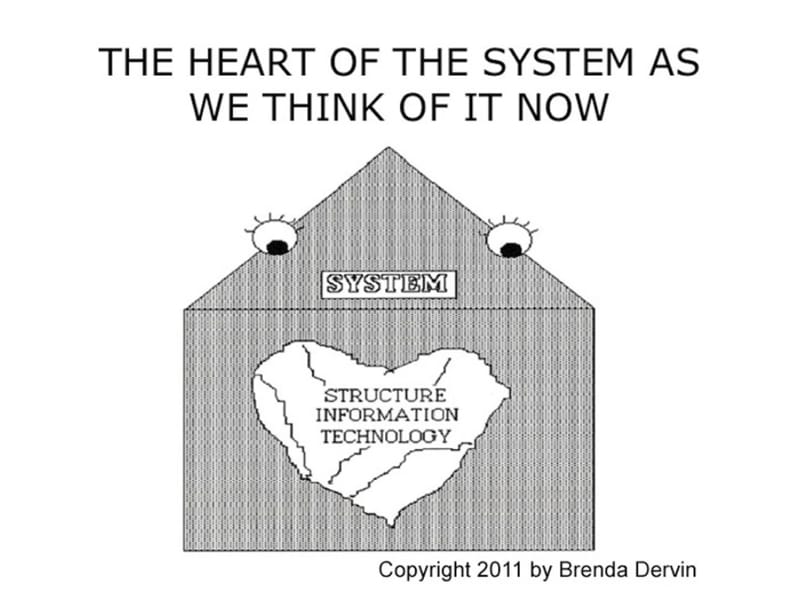
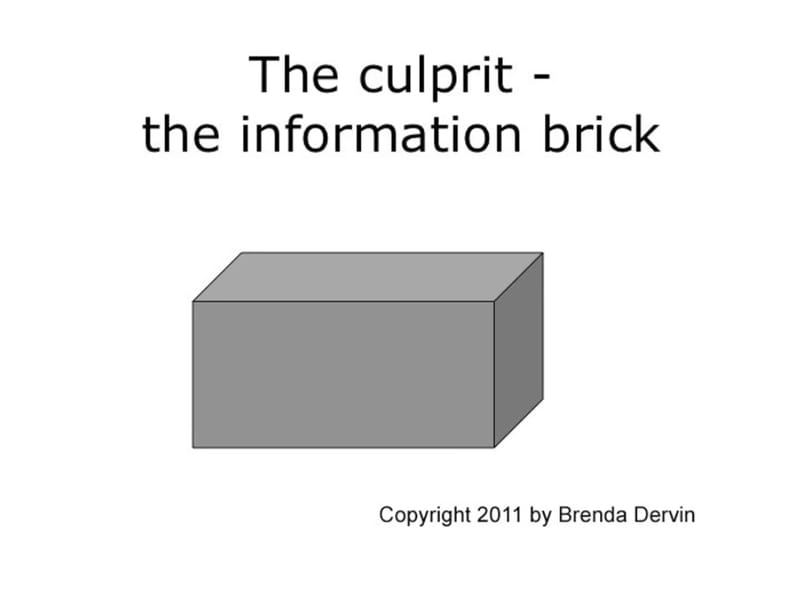
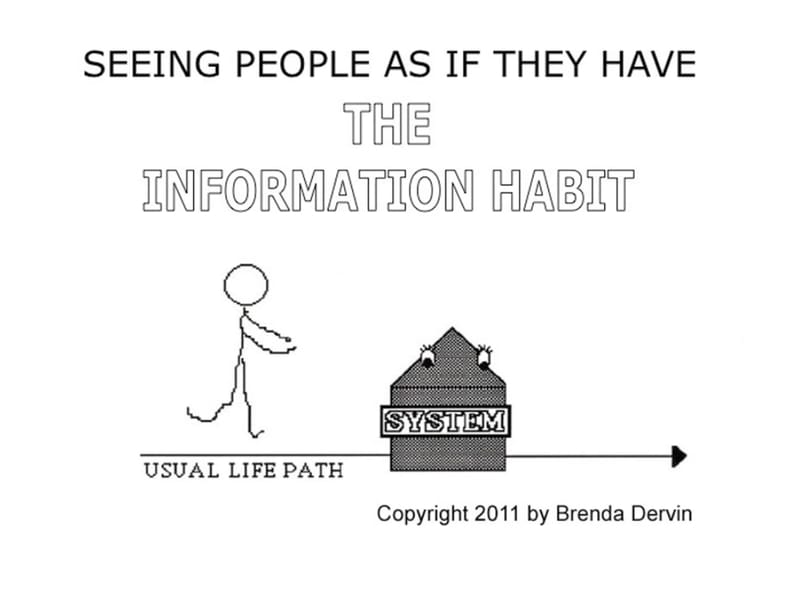
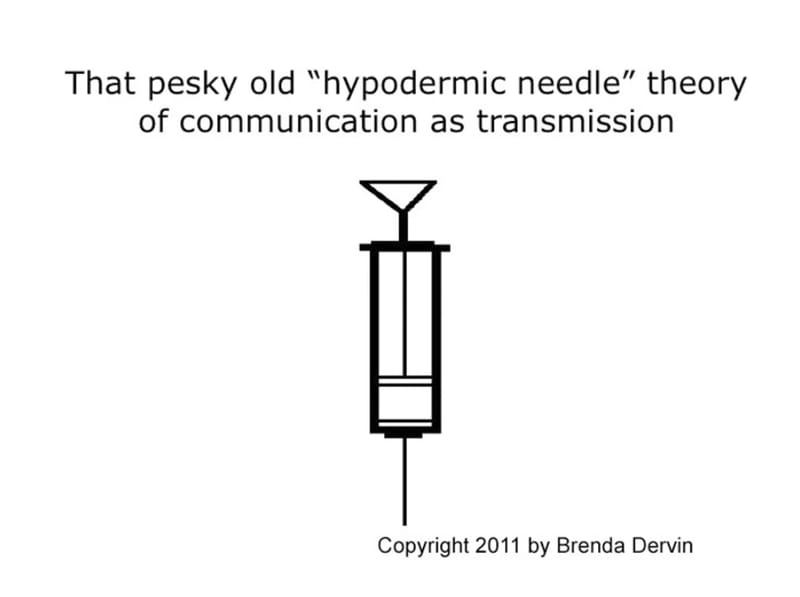
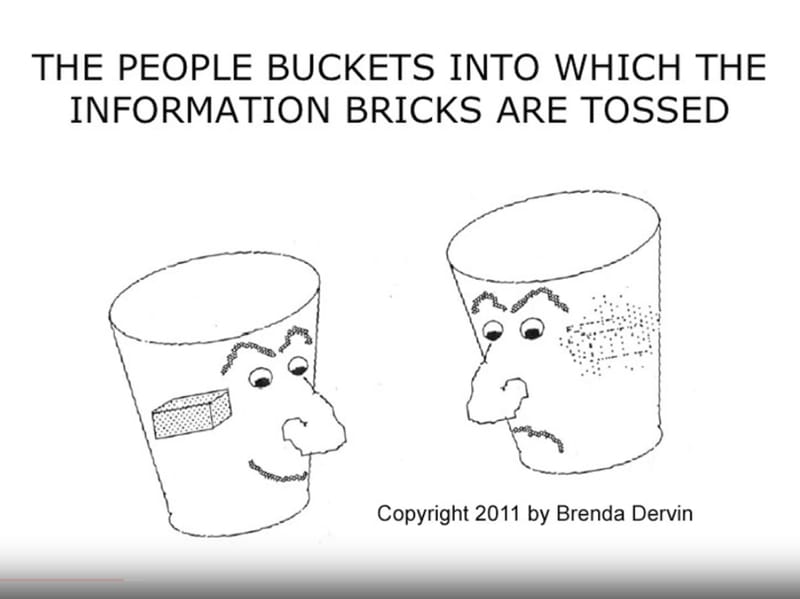
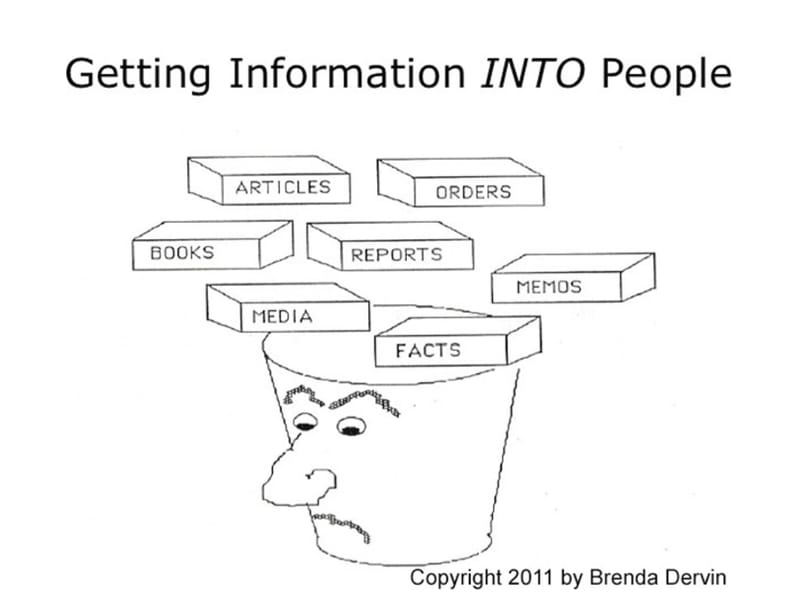
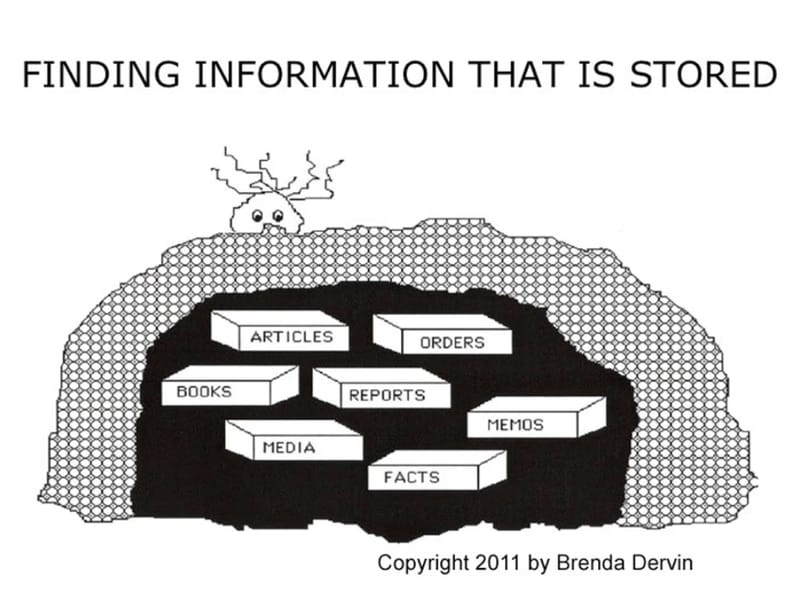
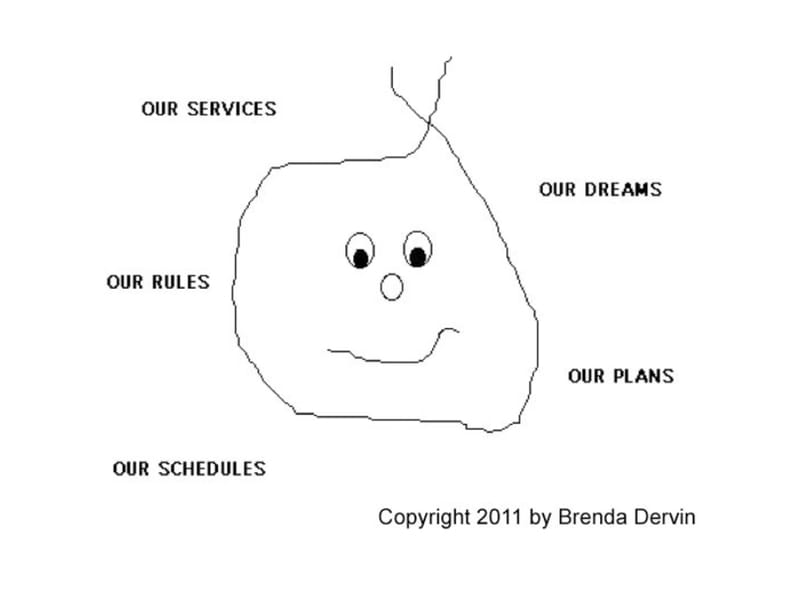
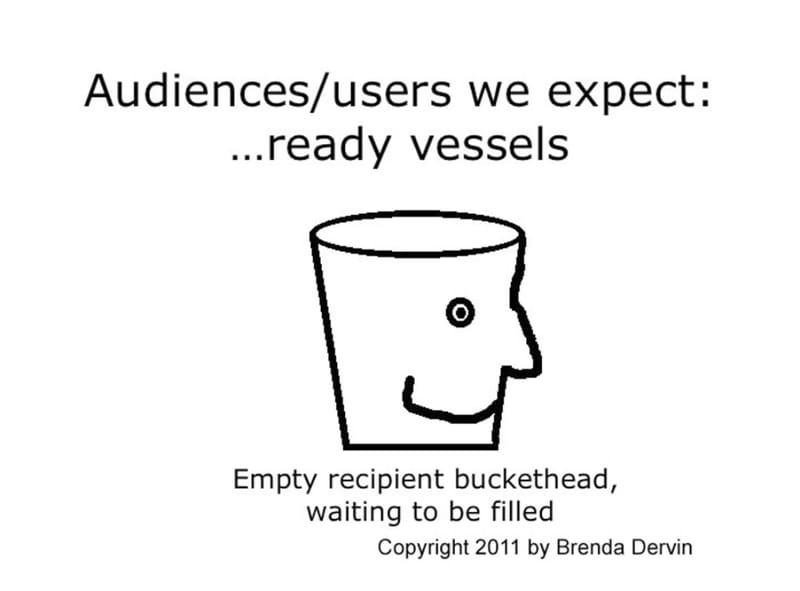
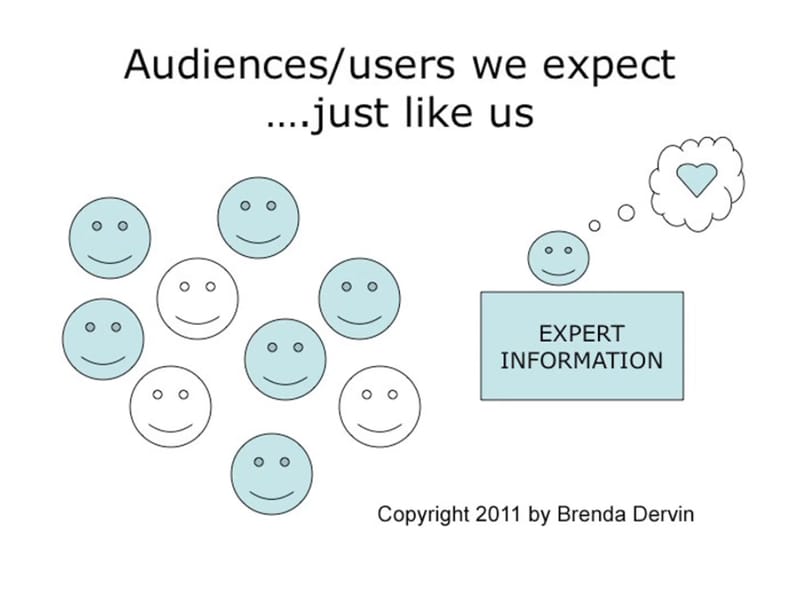
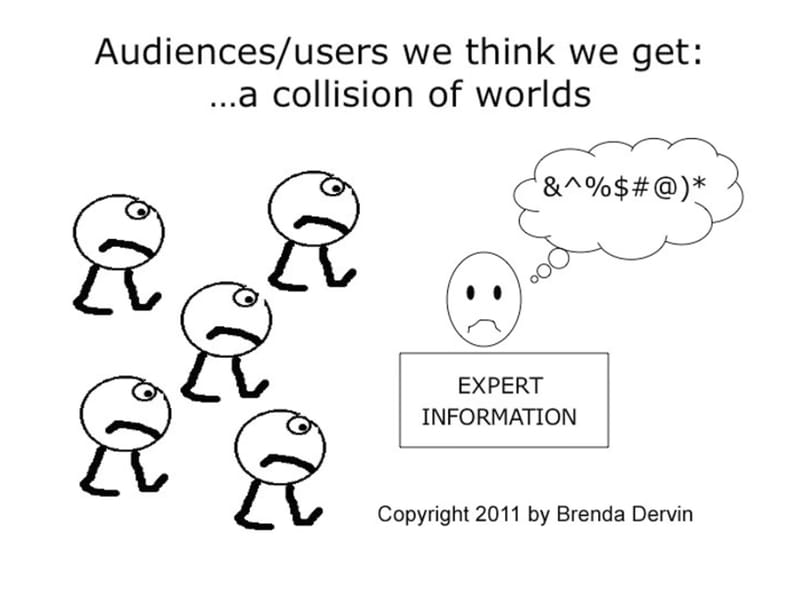
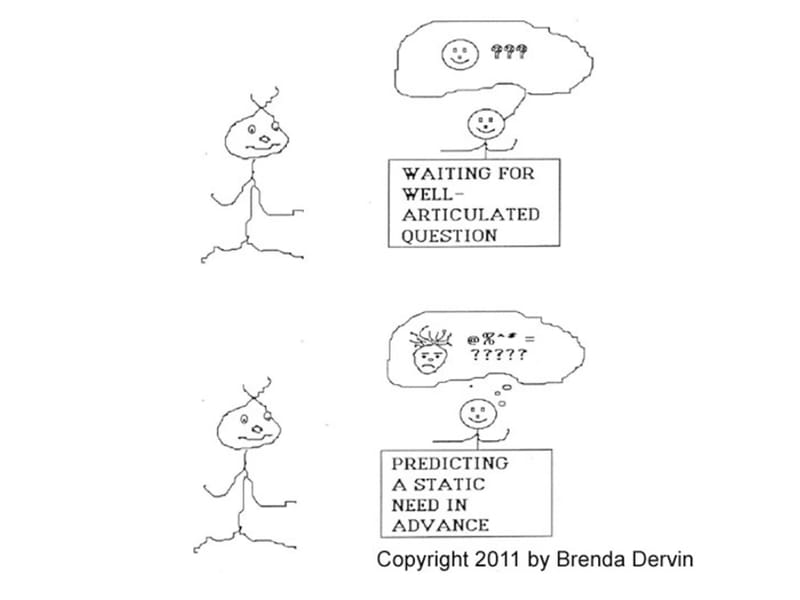
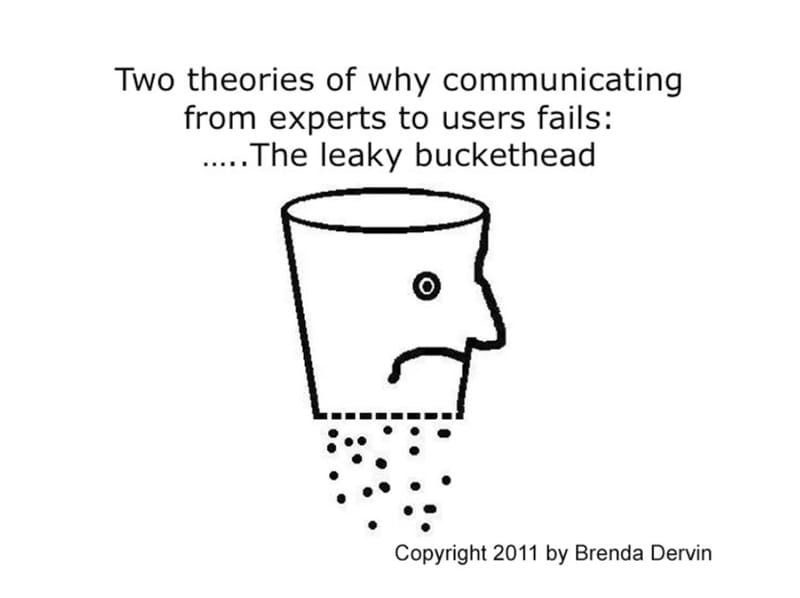
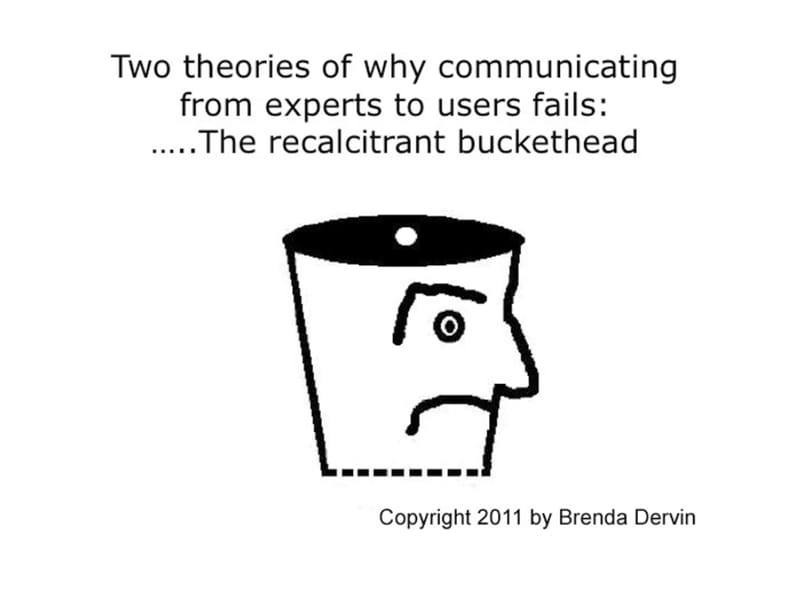
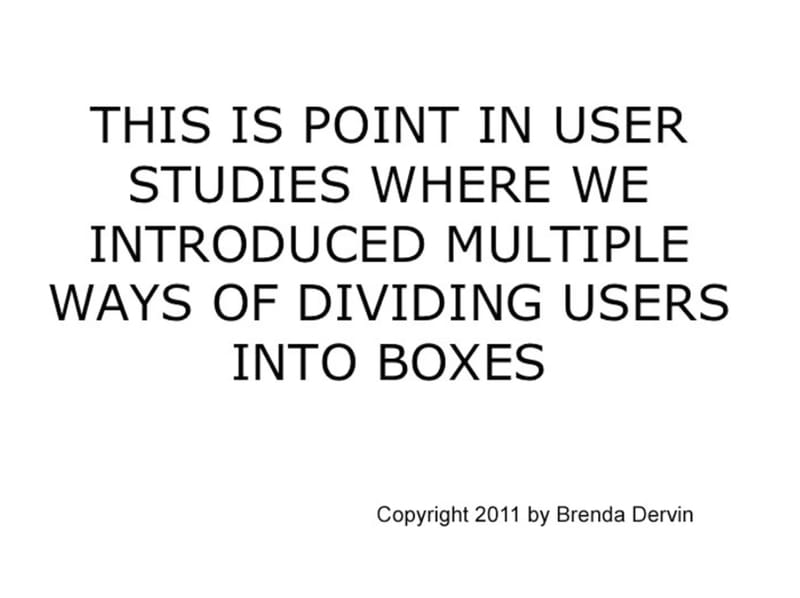
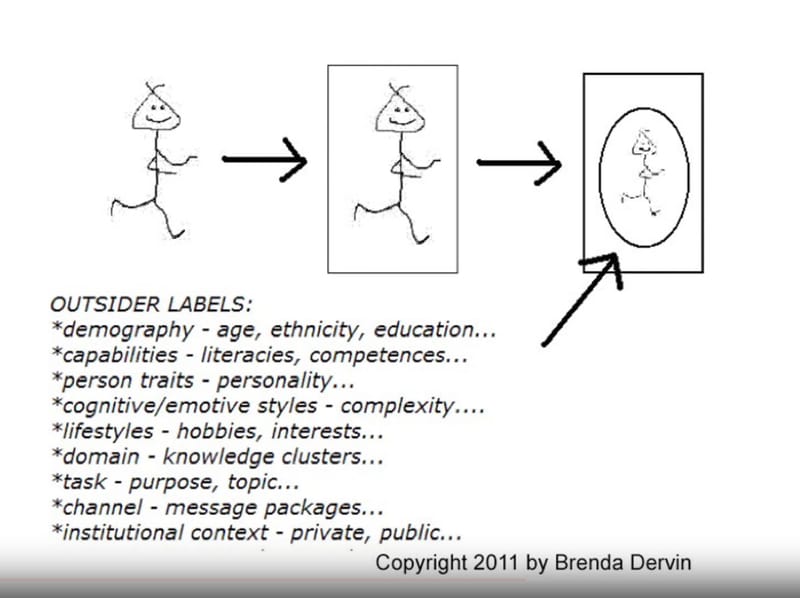
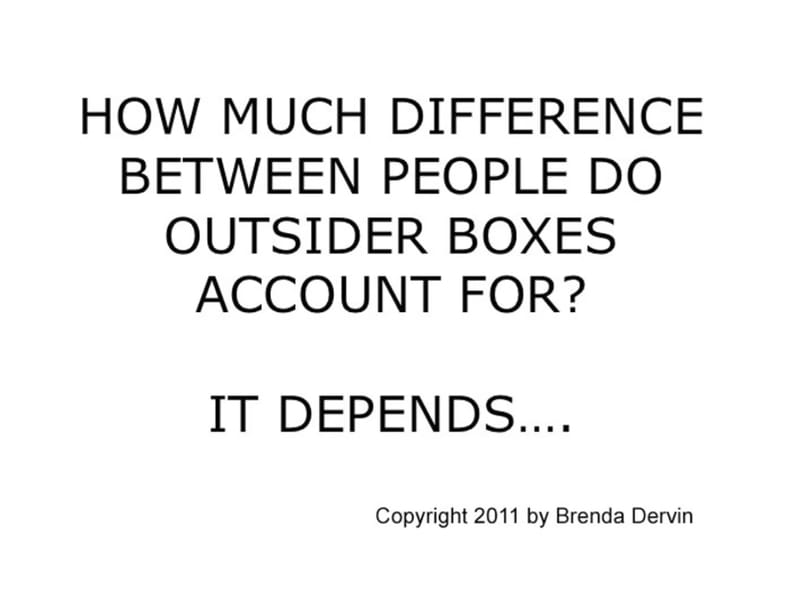
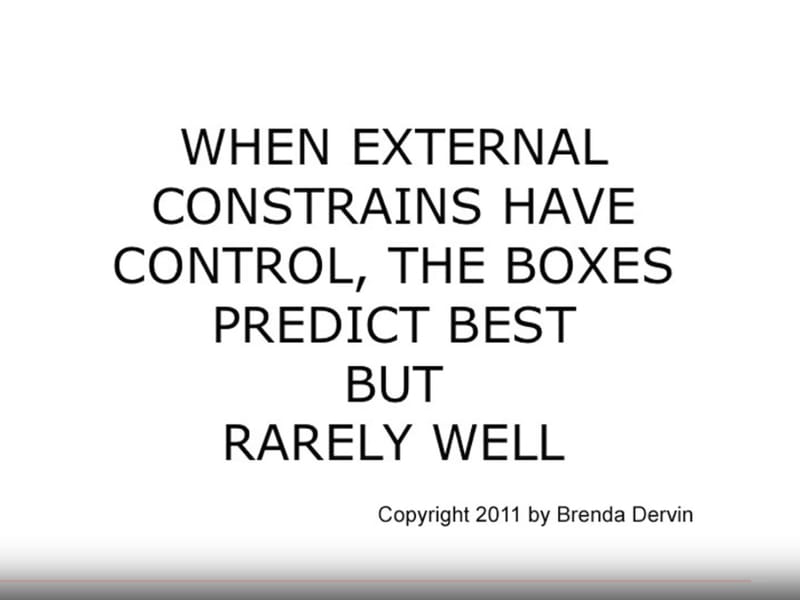
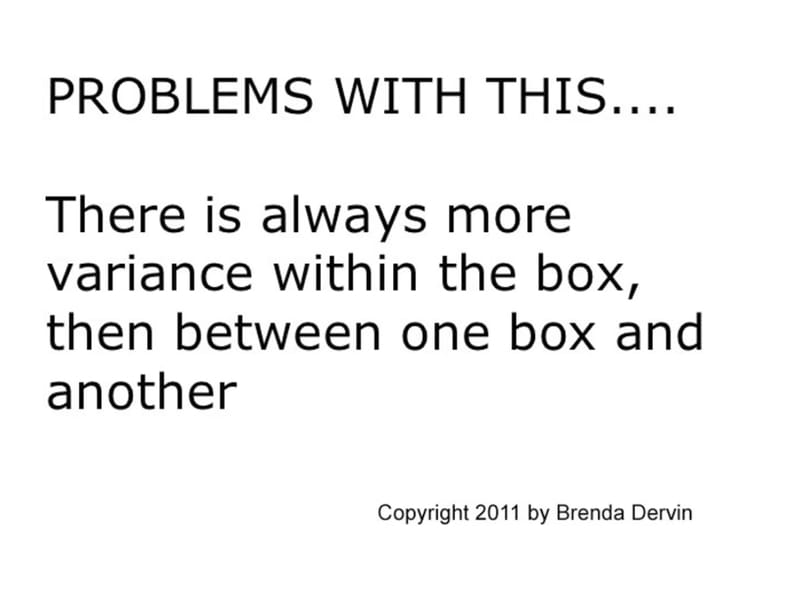
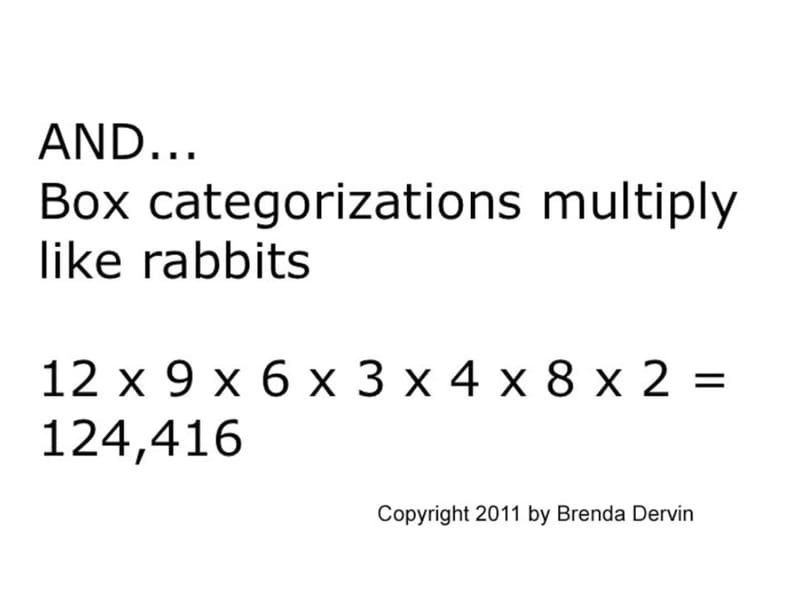
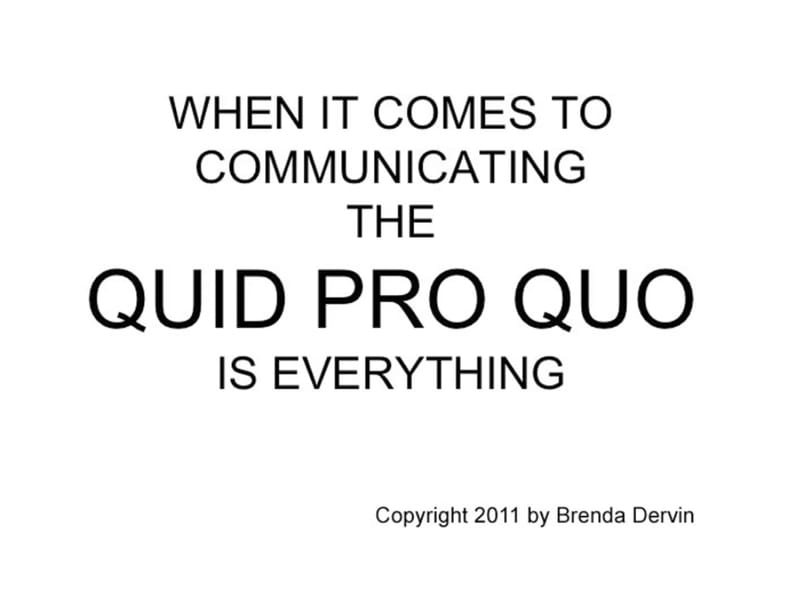
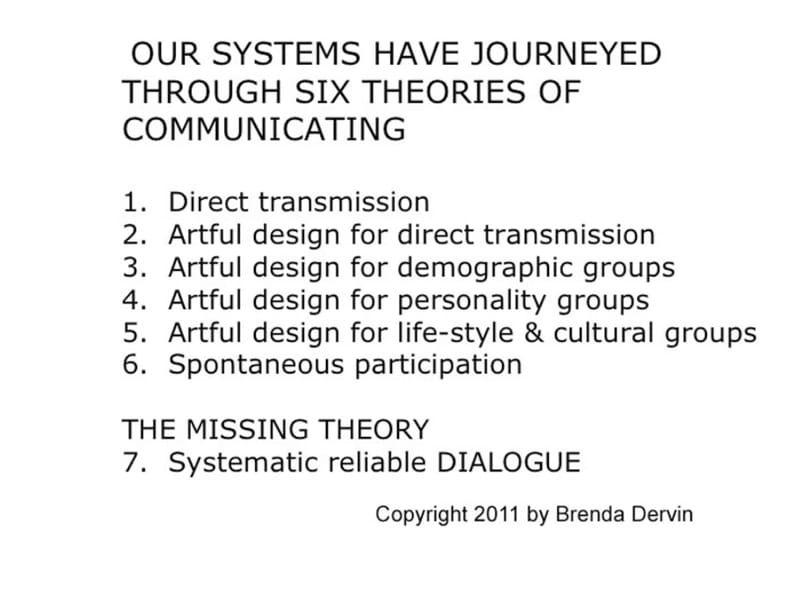
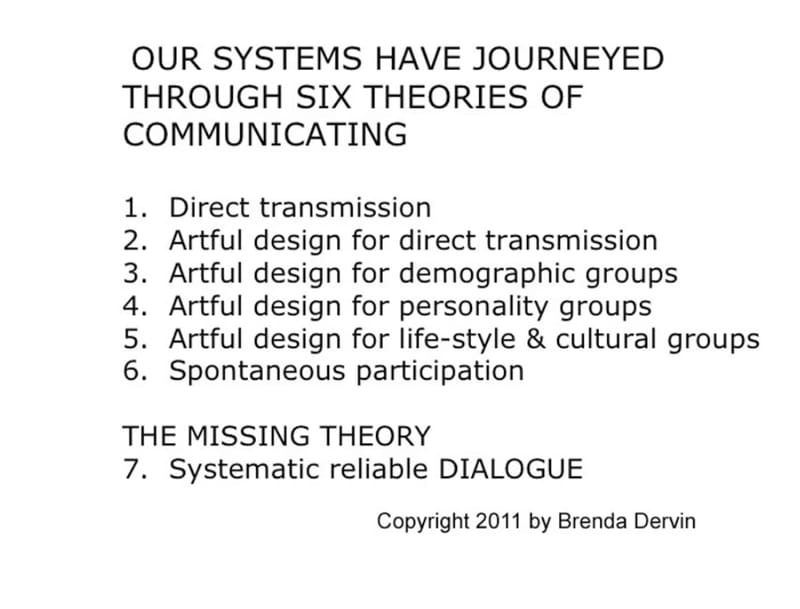
Biographical Information: Brenda L. Dervin was born on November 20, 1938 . Dr. Dervin currently is Professor of Communication, and Joan N. Huber Faculty Fellow in Social and Behavioral Sciences in the School of Communication at Ohio State University. She has previously held posts on the communications faculty of Syracuse University and the University of Washington.
Education: Dr. Dervin received her BA in journalism and home economics from Cornell University in 1960. She went on to earn both a MA (1968) and a PhD (1971) in Communications Research from University of Michigan. Dervin was also awarded an honorary PhD in social sciences from the University of Helsinki in 2000.
Contribution to Reference: Dr. Dervin’s background in the field of communications has provided a unique vantage point at which to view the work of reference librarians. She has made significant contributions to the field of reference, specifically to the nature of the reference interview. Her research and writing focus on various aspects of how people make sense of their environments. Dr. Dervin’s development of a Sense-Making Methodology has been applied to numerous disciplines, including health communication (Teekman, 2000), understanding deaf culture (Linderman, 1996), feminist studies (Clark, 1999) and workplace processes (W-Y Cheuk, 1998).
Within the reference transaction, the Sense-Making Methodology frames the interaction between user and librarian as one in which the goal is to “bridge the gap.” Dervin’s research in this area explores the idea that people generally come to the reference transaction (or another instance of communication) with an obstacle or gap in understanding that serves as a fundamental block. The role of the reference librarian, Dervin argues, is to approach the reference transaction with a goal of understanding the “gap” from the user’s perspective. Through a series of query negotiations, the librarian attempts to paraphrase the information problem, and understand the context in which the question is being asked. The librarian must also determine the depth and scope of answer that is required, and elicits any relevant constraints. Such an approach may employ a mixture of Open Questions and Closed Ended Questions; though Dervin argues that a series of Neutral Questions ought to guide the interview, with the librarian careful to avoid imposing judgments or assumptions on the information need or the potential uses for the information.
Text via https://fsulis3267.fandom.com/wiki/Brenda_Dervin
Sense-Making Definition: According the homepage of the Sense-Making Methodology Site:
“Sense-Making is an approach to thinking about and implementing communication research and practice and the design of communication-based systems and activities. It consists of a set of philosophical assumptions, substantive propositions, methodological framings, and methods. It has been applied in myriad settings (e.g., libraries, information systems, media systems, web sites, public information campaigns, classrooms, counseling services, and so on), at myriad levels (e.g., intrapersonal, interpersonal, small group, organizational, mass, national, global), and within myriad perspectives (e.g., constructivist, critical, cultural, feminist, postmodern, communitarian).”(2005)
This extensive description explains the robust nature of this methodology. This definition is qualified by: “On this site, Sense-Making (capitalized) refers to the methodology; sense-making (not capitalized) refers to the phenomena of making and unmaking of sense. ” As Dervin notes in the Sense-Making Methodology Reader, the definition is continually in flux and adapts to accommodate new research. (Dervin, 1999).
Origins: Growing from Dervin’s post-doctoral research in communication, Sense-Making developed as an attempt to bridge the distance between the polarized camps of communications theory. Indebted to the work of communications theorist Richard F. Carter, University of Washington Professor Emeritus of Communication and his work in applying communication approaches to the communications field, this methodlogy is applicable across a wide range of disciplines.
Text via http://ucla245.pbworks.com/w/page/8751501/Sense-Making
-
Causal deconvolution by algorithmic generative models (2019, Nature) - by Hector Zenil, Narsis A. Kiani, Allan A. Zea & Jesper Tegnér (Code)
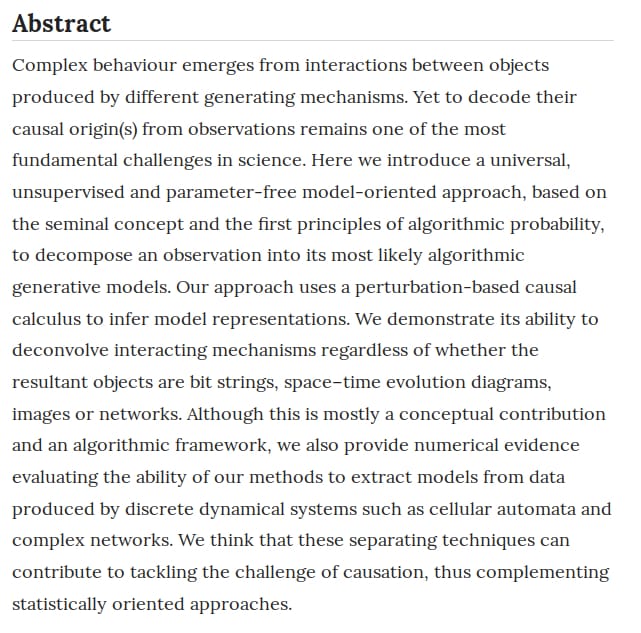


-

Here is my Pataphysics remix:
"The funniest solution is most likely the right one." - Samim's Razor
Related: "Bontrager's Law": "Every-thing is more complicated than it seems."
-
Interview with Gregory Chaitin and links about Algorithmic Information Dynamics
"It seems to me that the most important discovery since Gödel was the discovery by Chaitin, Solomonoff & Kolmogorov of the concept called Algorithmic Probability which is a fundamental new theory of how to make predictions given a collection of experiences & this is a beautiful theory, everybody should learn it, but it’s got one problem, that is, that you cannot actually calculate what this theory predicts because it is too hard, it requires an infinite amount of work. However, it should be possible to make practical approximations to the theory that would make better predictions than anything we have today. Everybody should learn all about that and spend the rest of their lives working on it." - Marvin Minsky (2014)
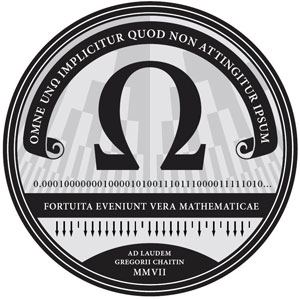
Assorted AlgoInfoCult Members
- https://www.algorithmicdynamics.net/
- http://www.scholarpedia.org/article/Algorithmic_Information_Dynamics
- https://algorithmicnature.org/
- https://livingsystems.kaust.edu.sa/
- https://www.oxfordimmunealgorithmics.co.uk/
- http://www.hutter1.net/ait.htm
- https://www.hectorzenil.net/research.html
- http://www.complexitycalculator.com/
- https://www.automacoin.com/
- https://labores.eu/
- Santa Fe Institute complexity explorer - algorithmic-information-dynamics
-
Doodles by Ray Solomonoff (1926 - 2009) the inventor of algorithmic probability, General Theory of Inductive Inference and a founder of algorithmic information theory.
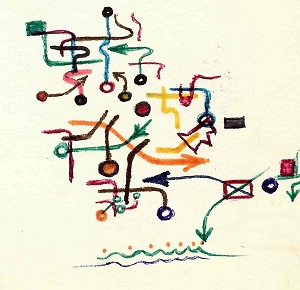
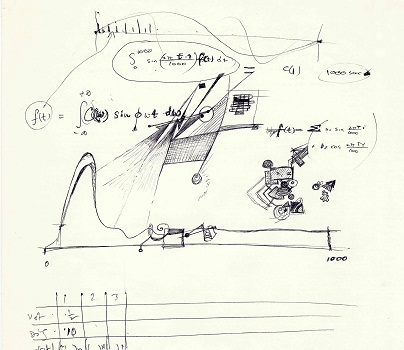
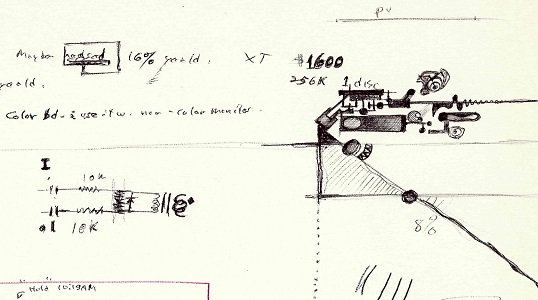
"Many pages of Ray's writings and formulas are decorated with doodles. Some are funny, some poetic and some mysterious --- perhaps they are signs of what he was thinking. "
-
"Complexity favoured increasing control under a monopoly of priests and the confinement of knowledge to special classes" - Harold Innis, in "Empire and Communication" (1950)
